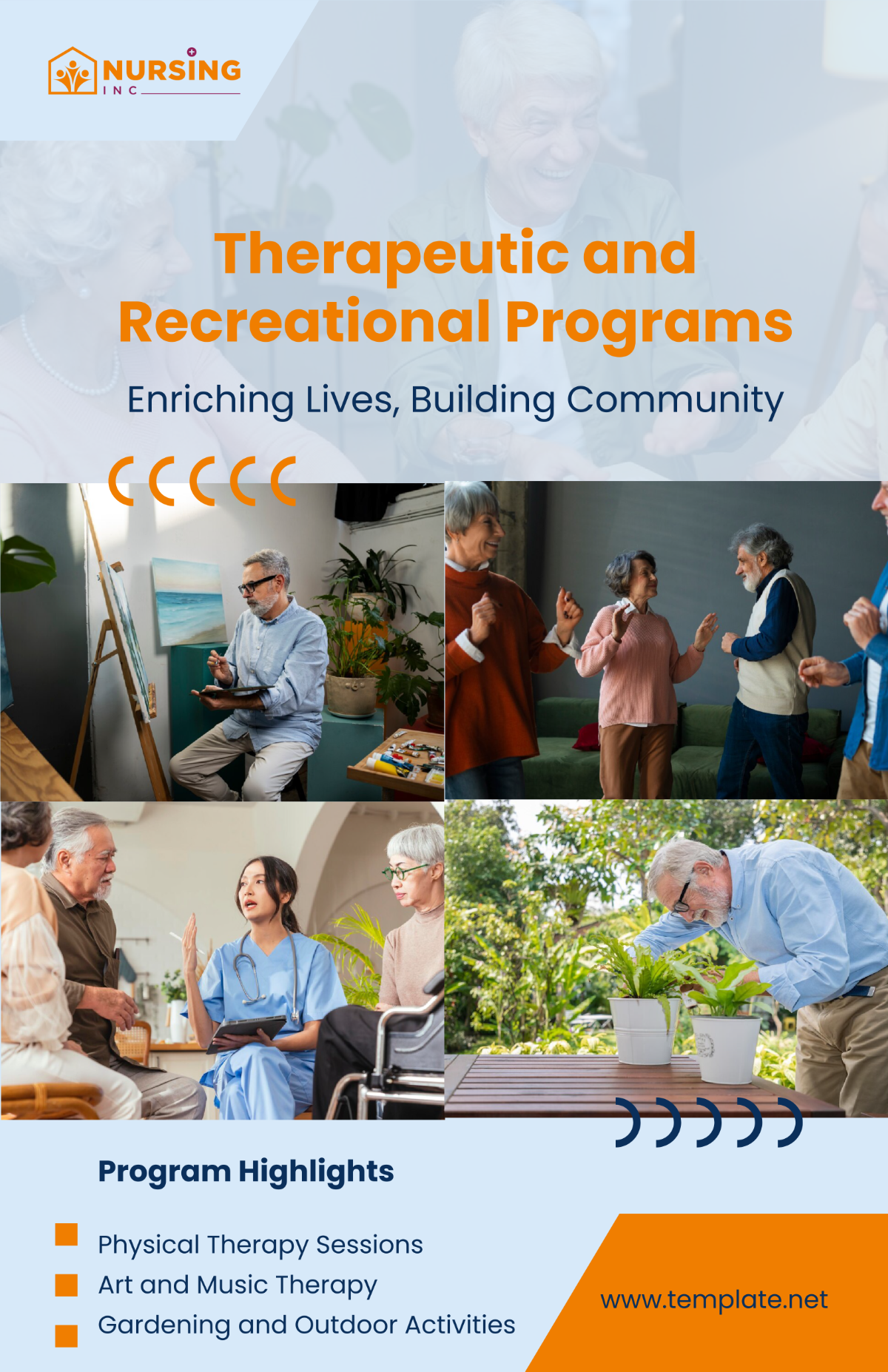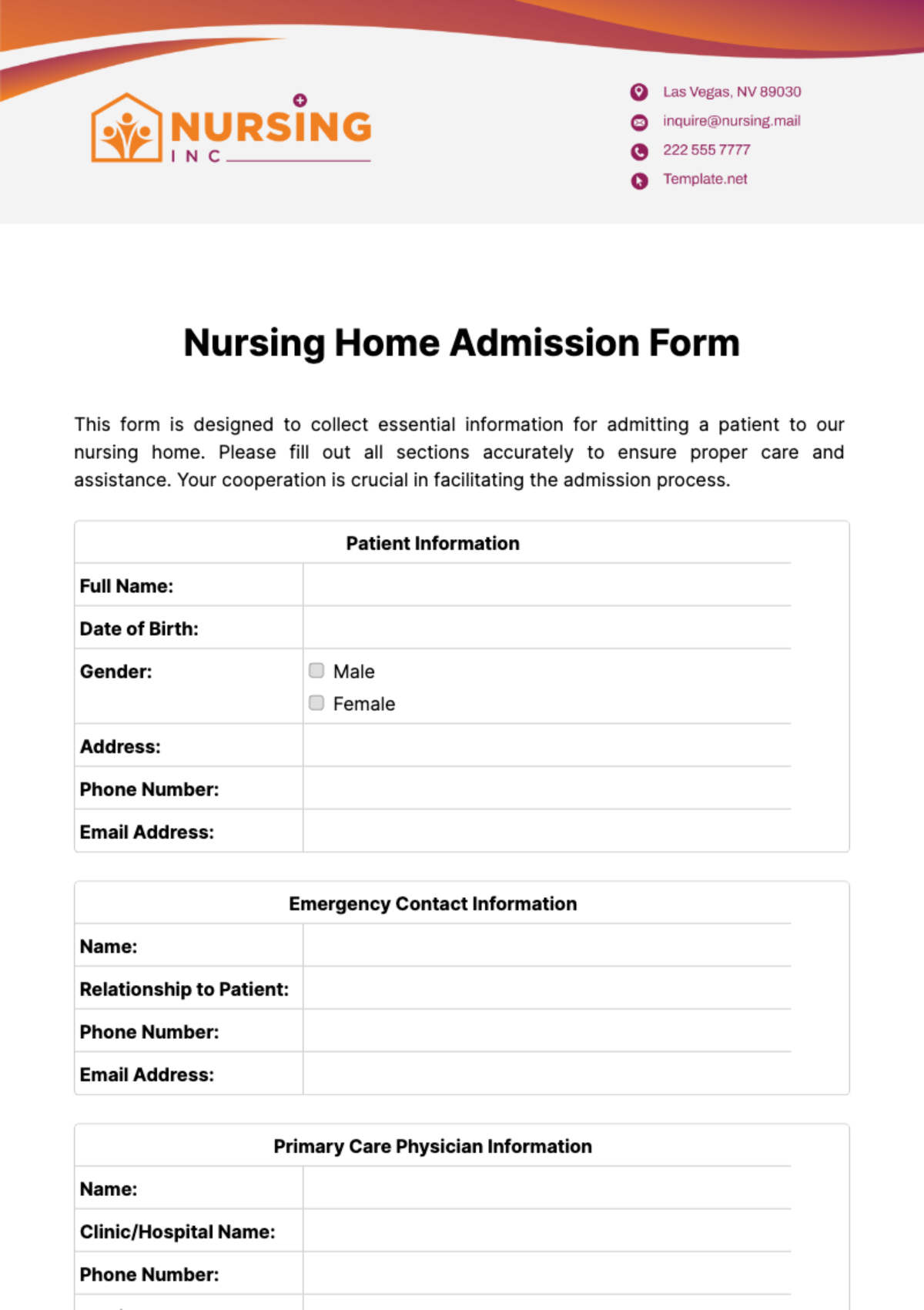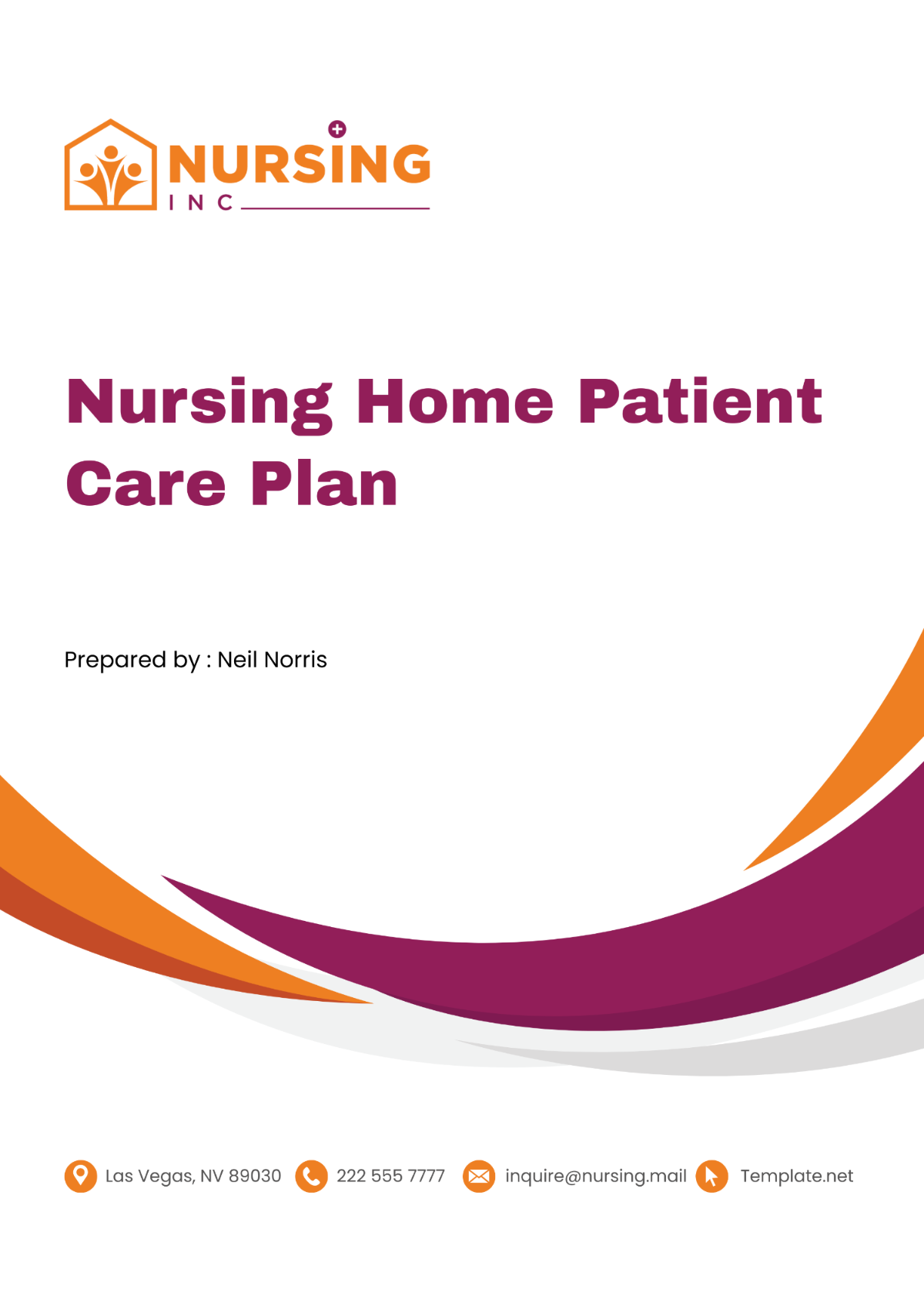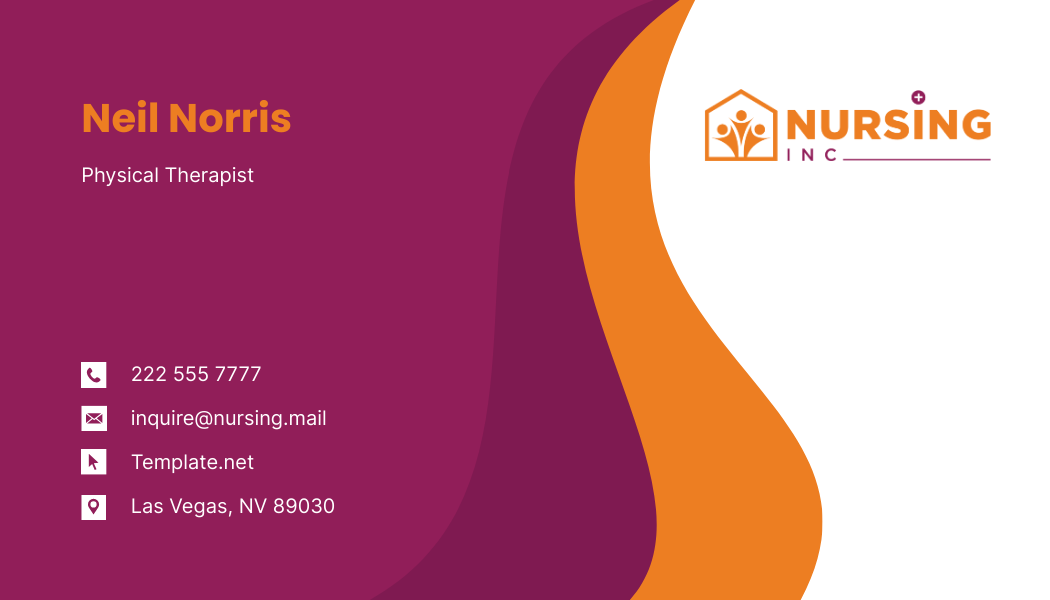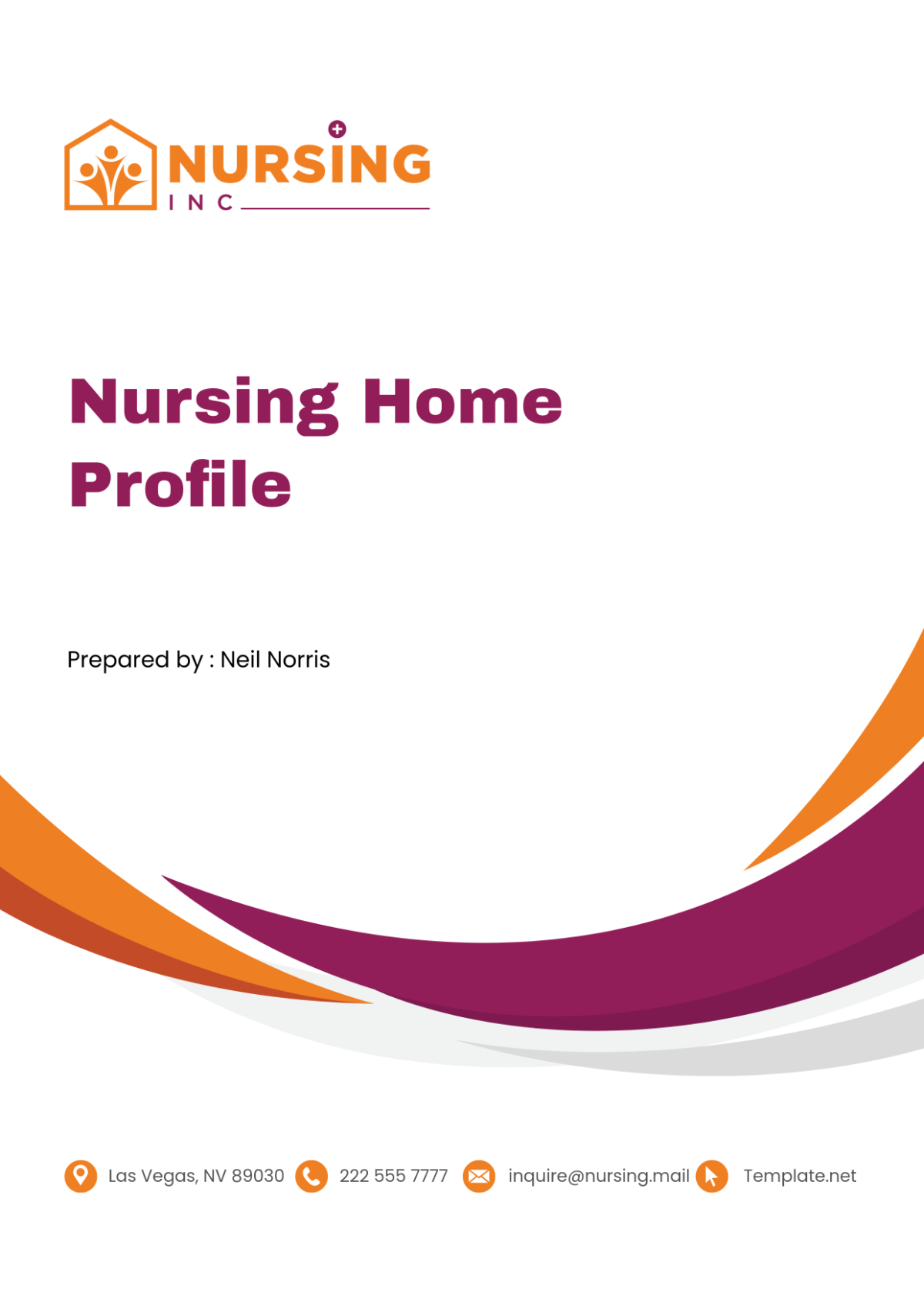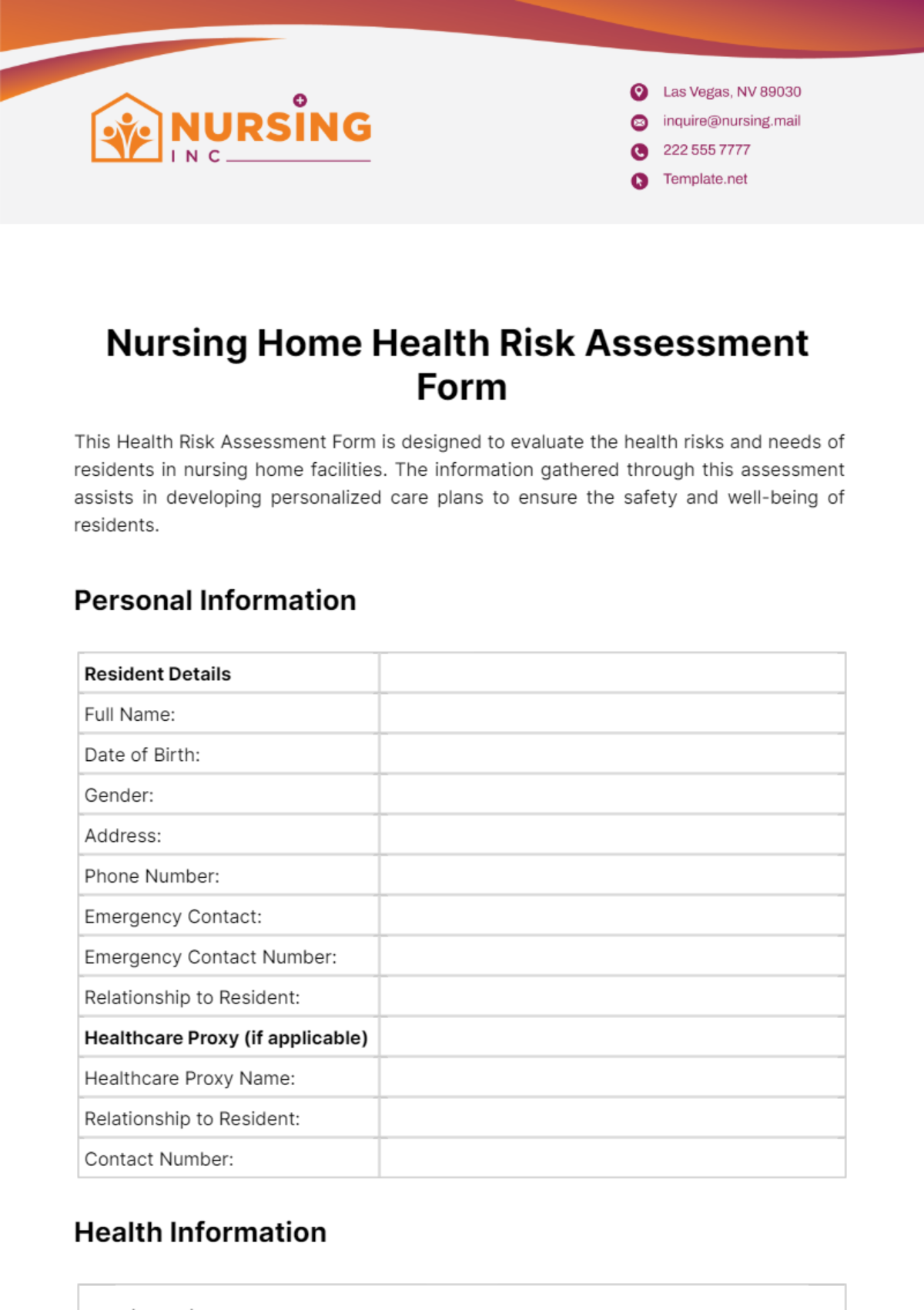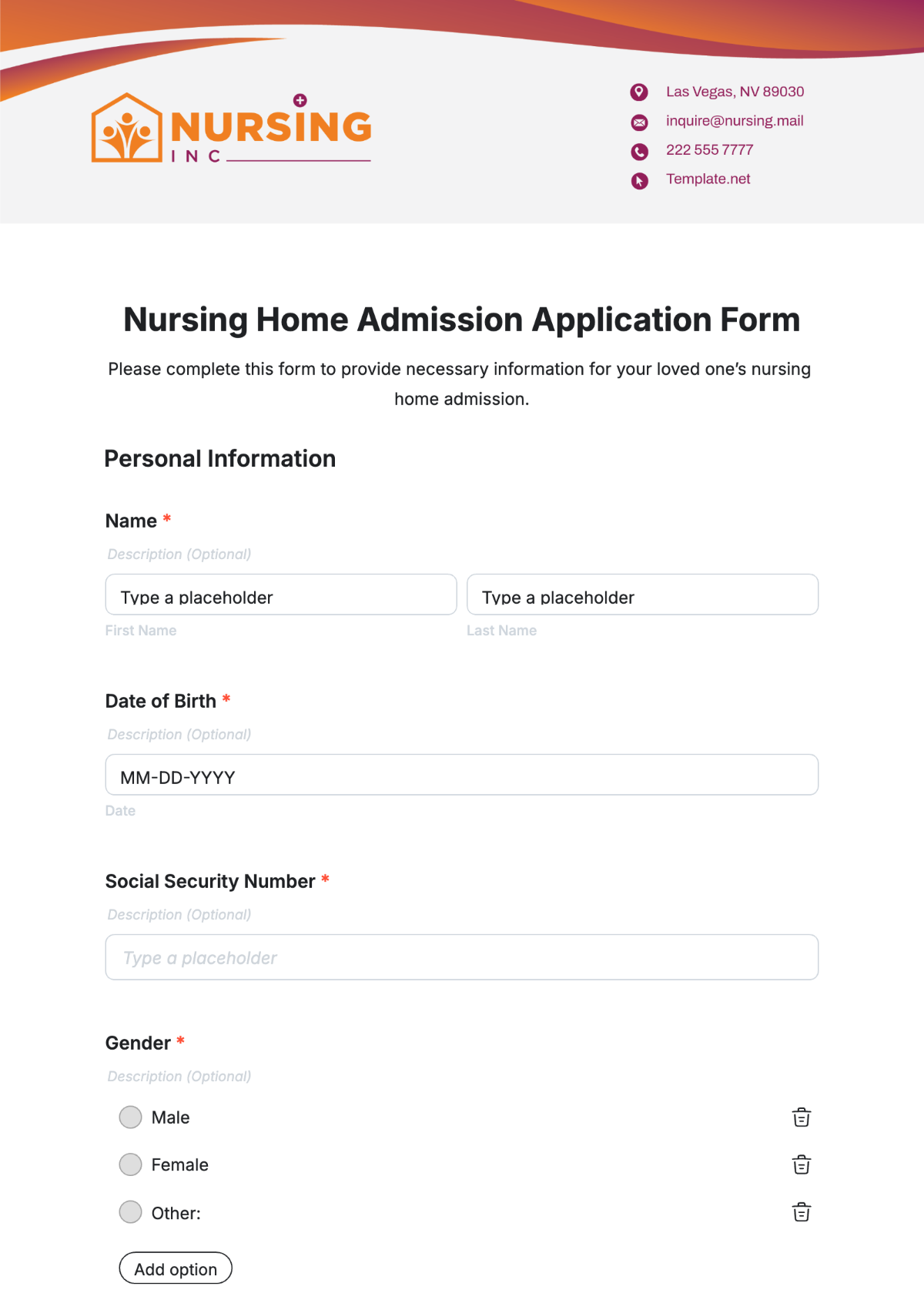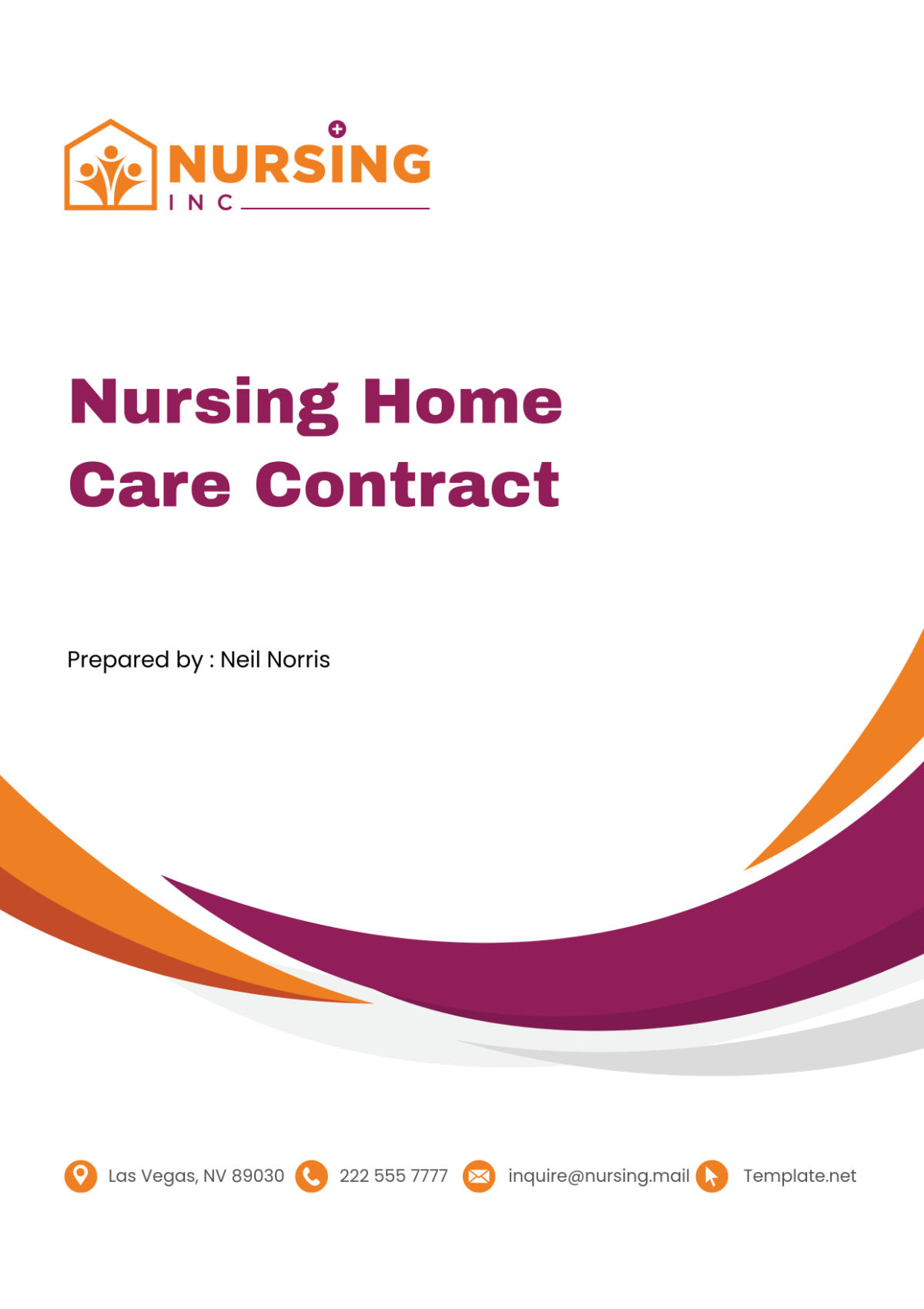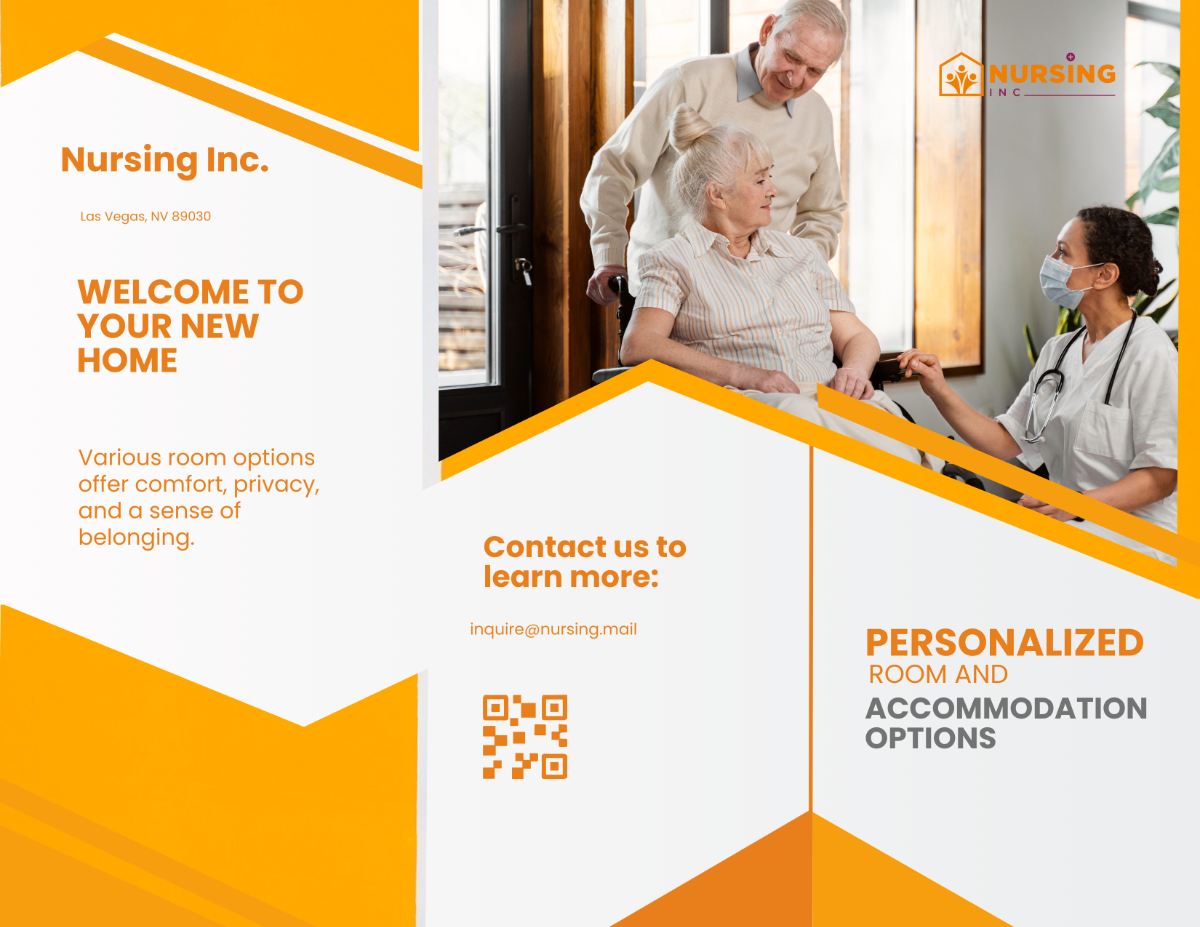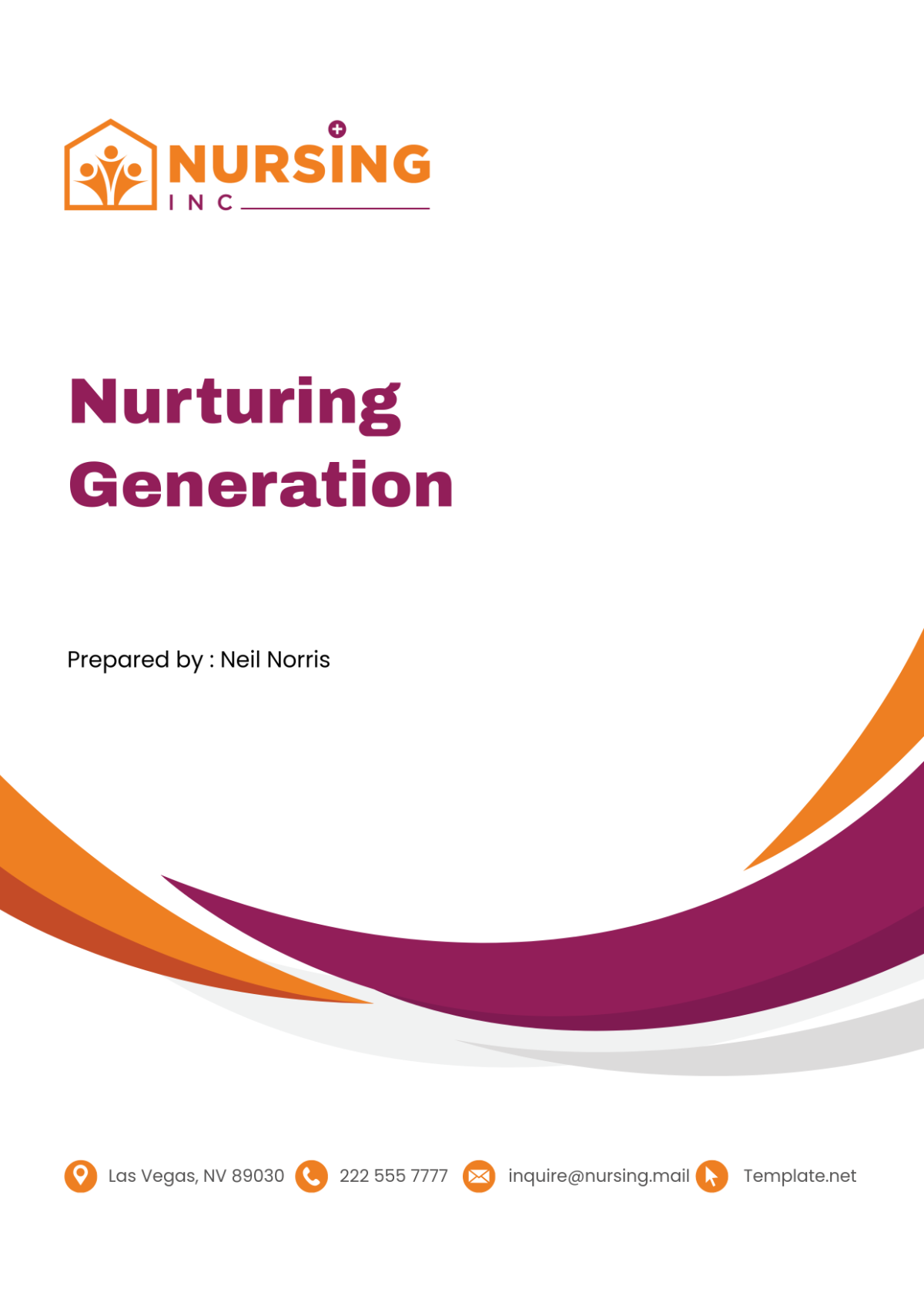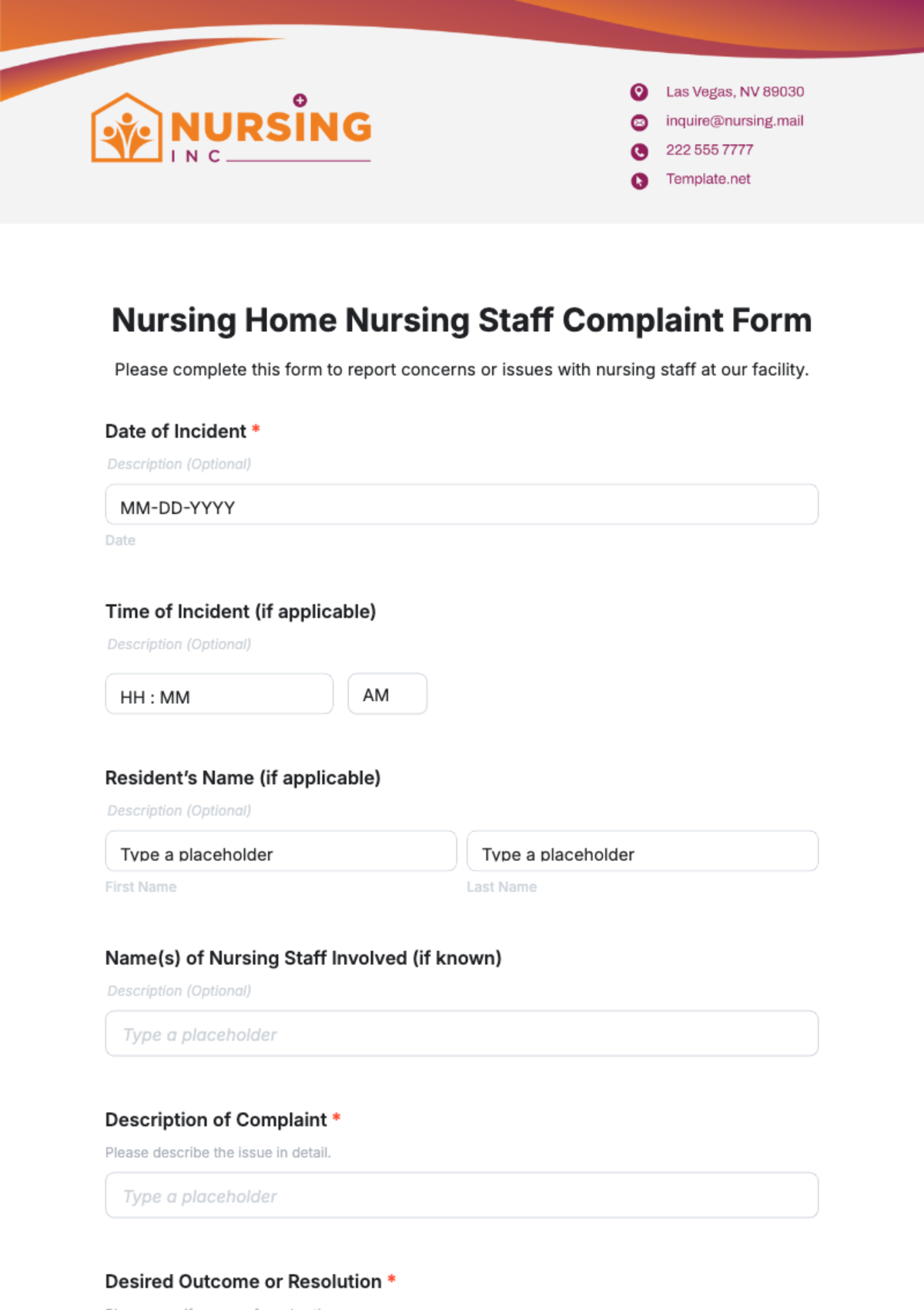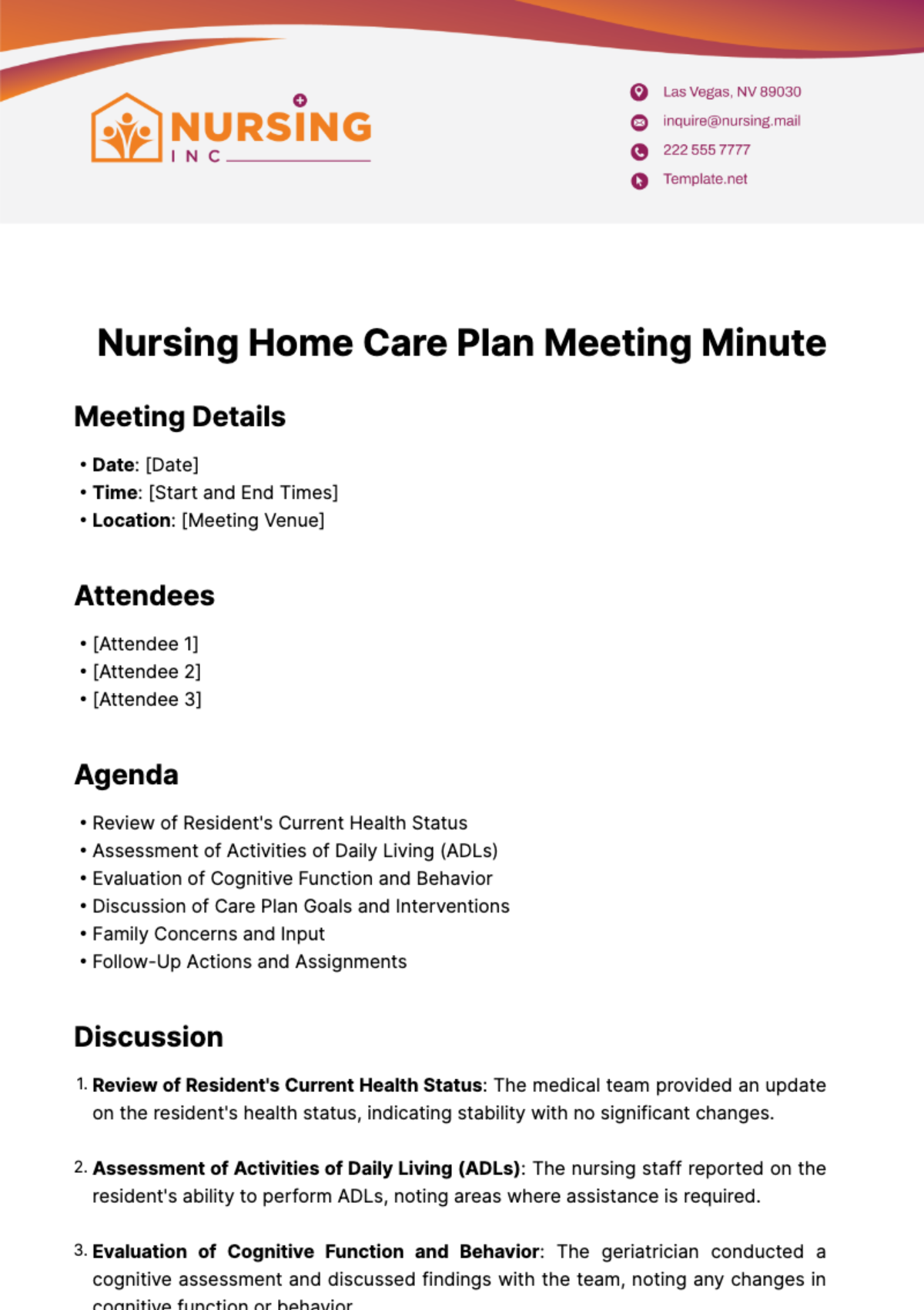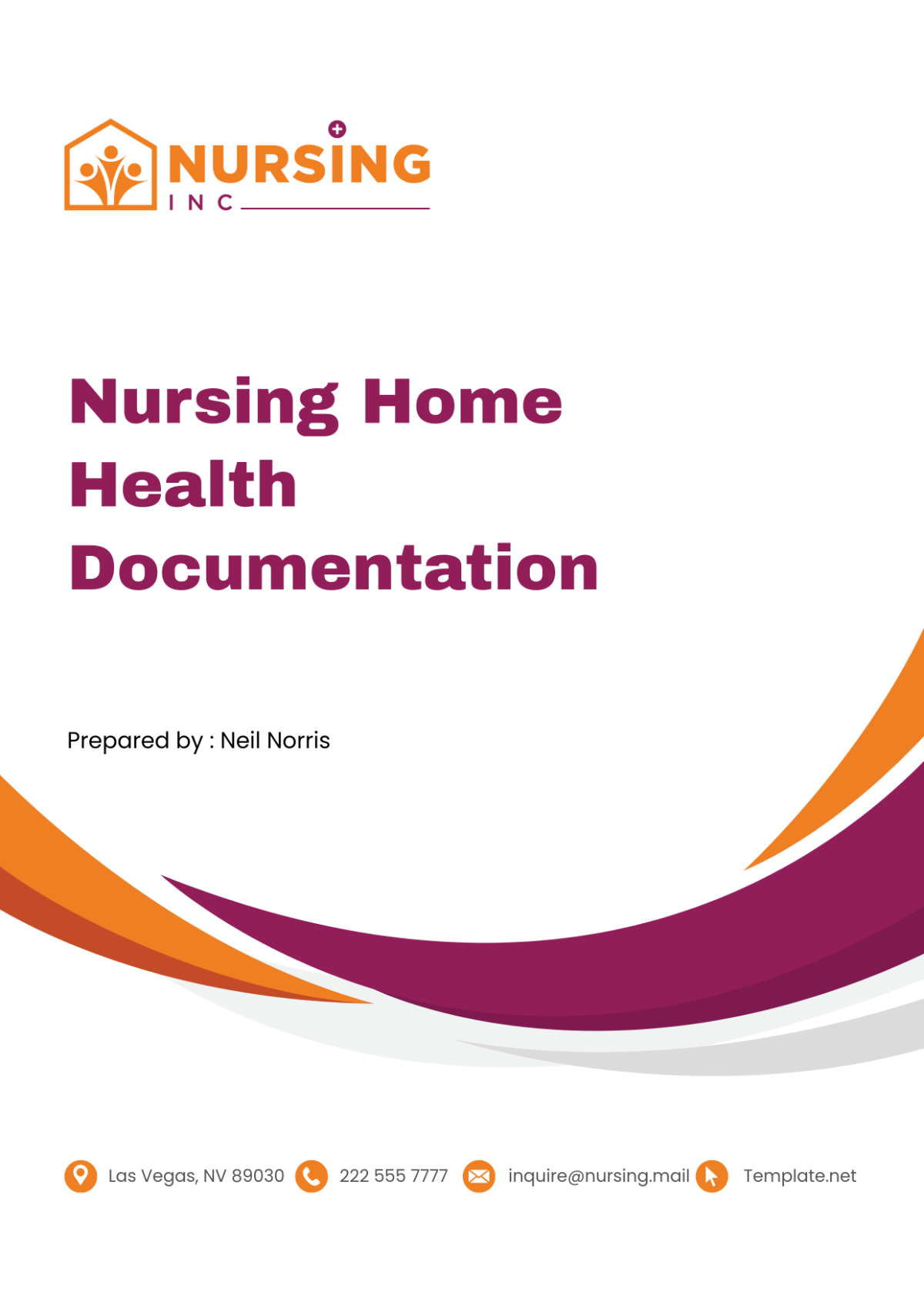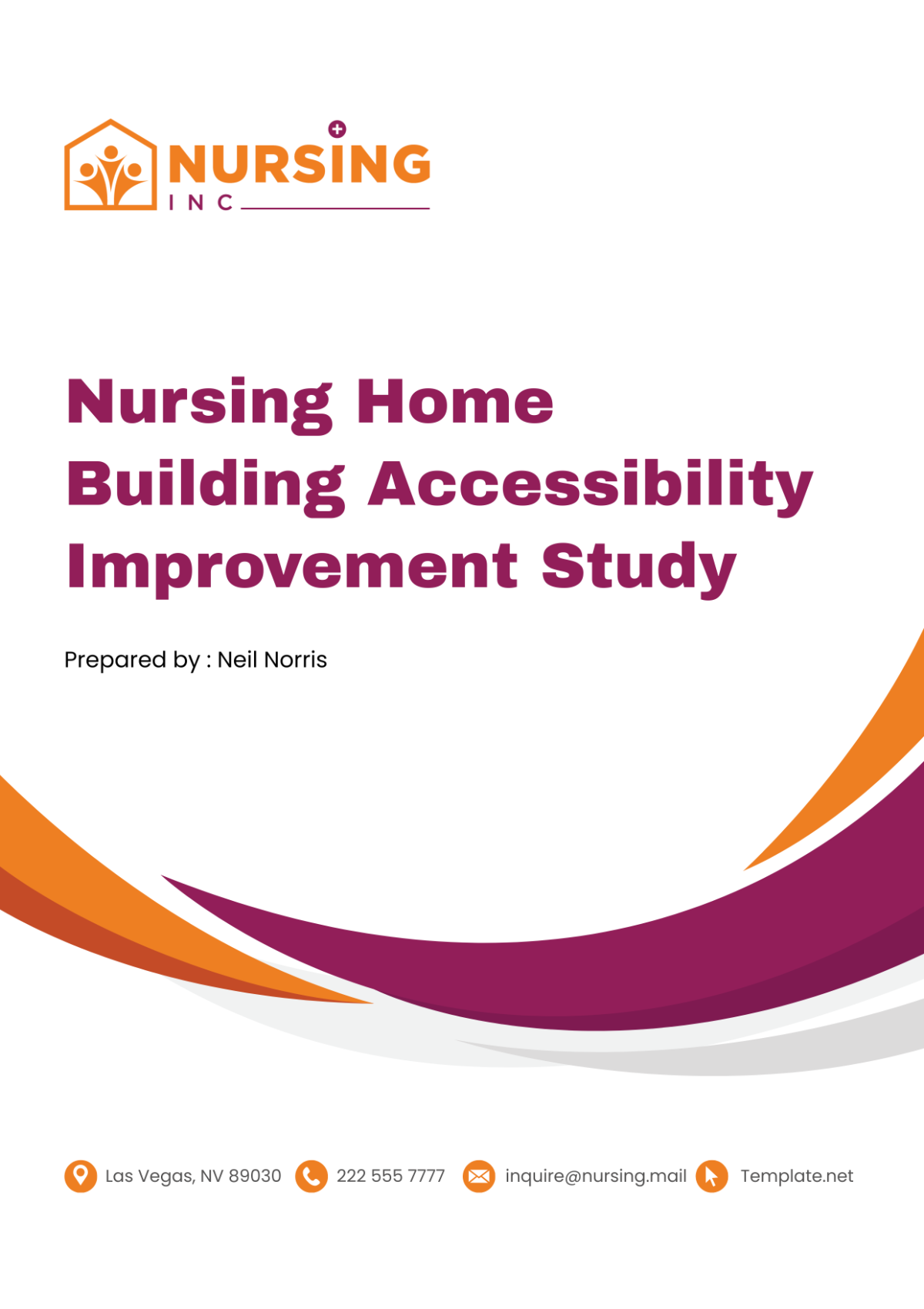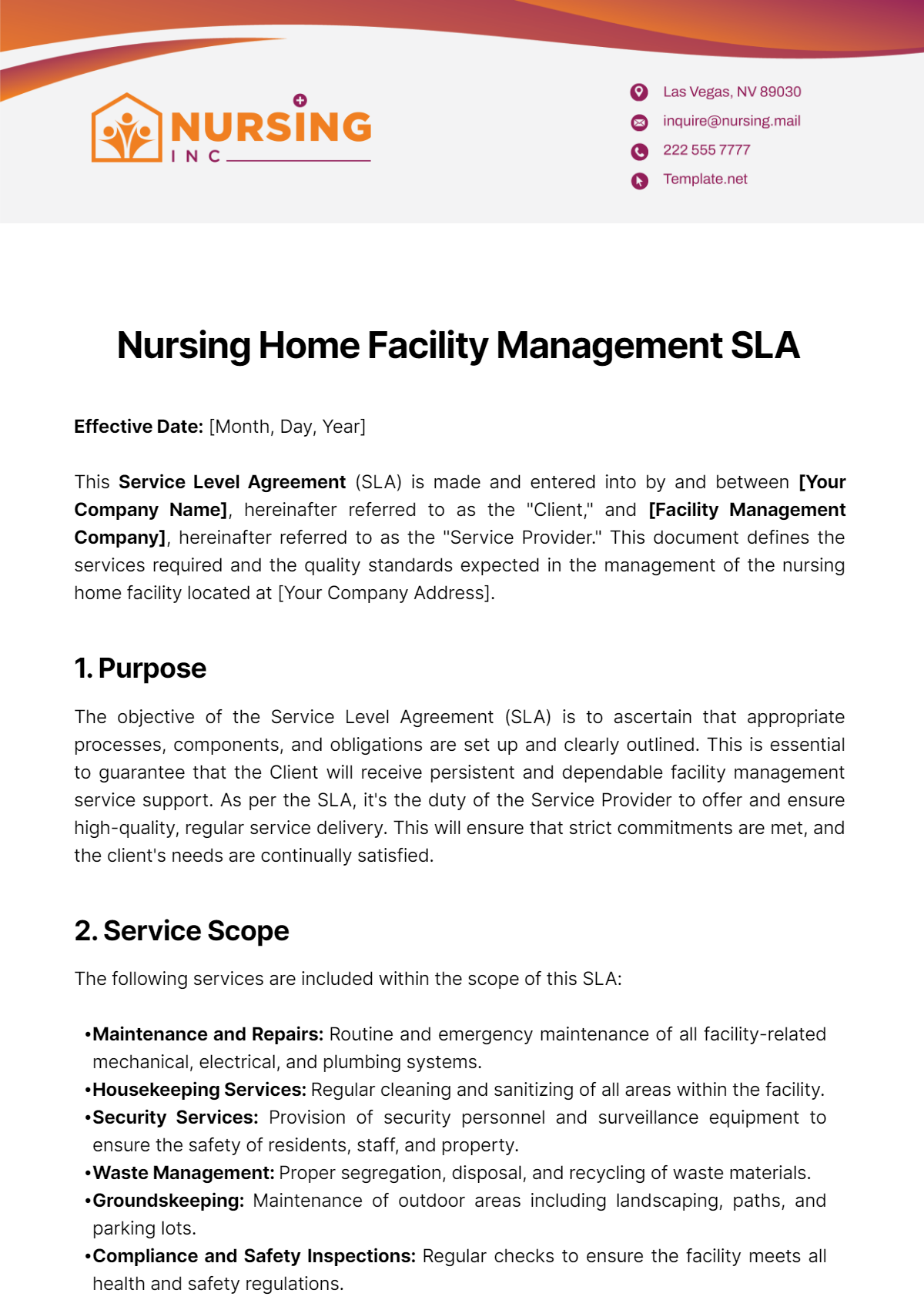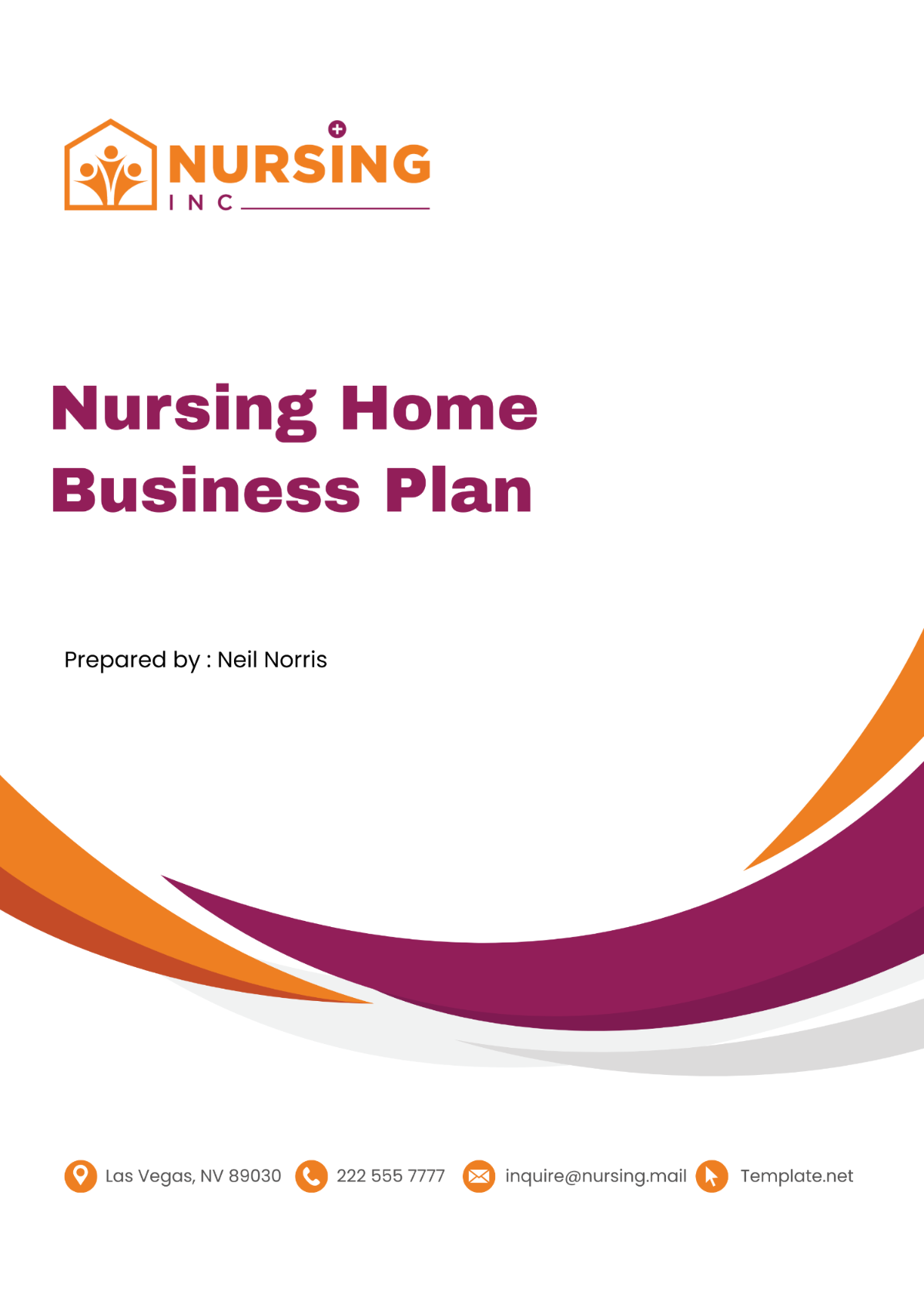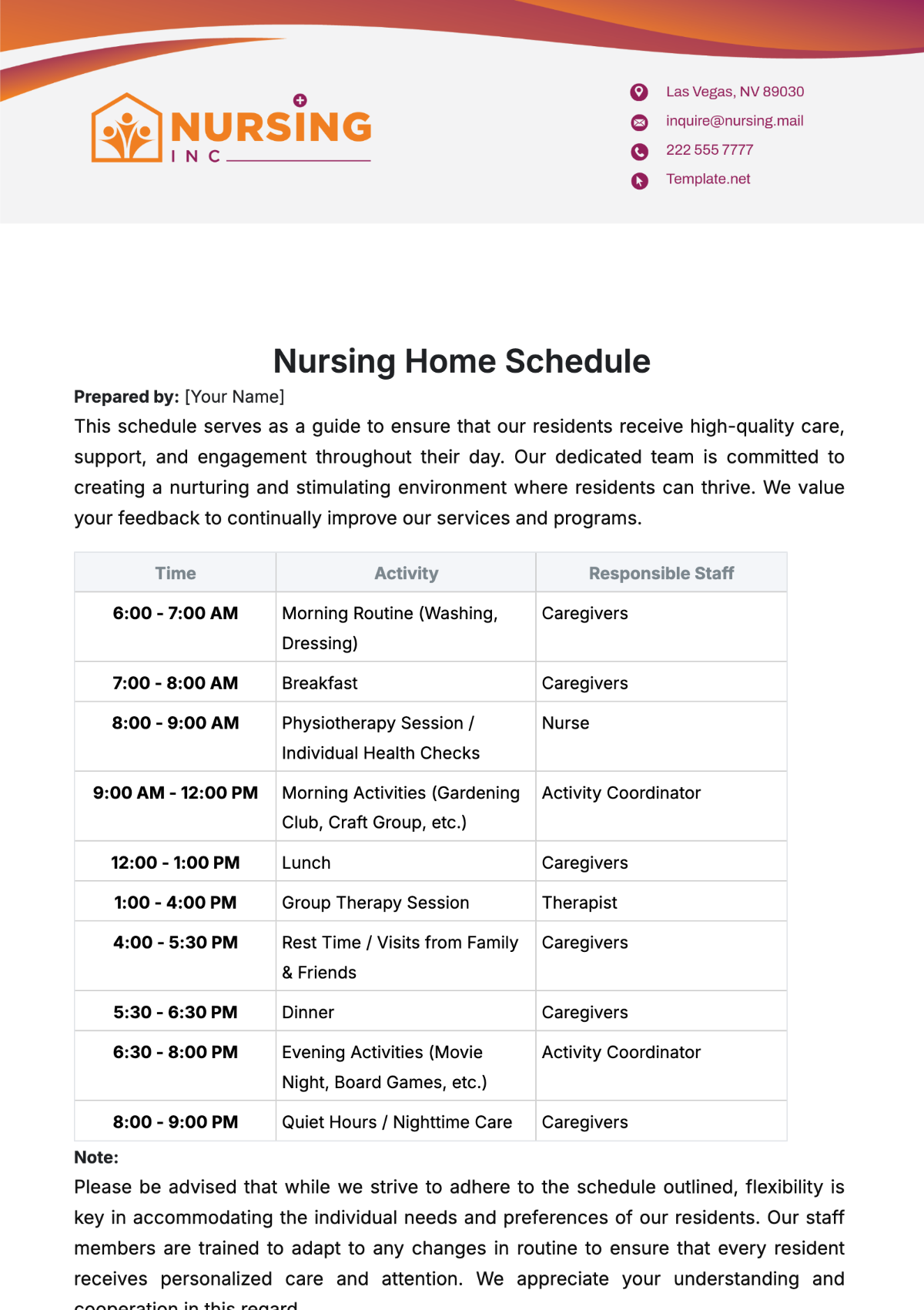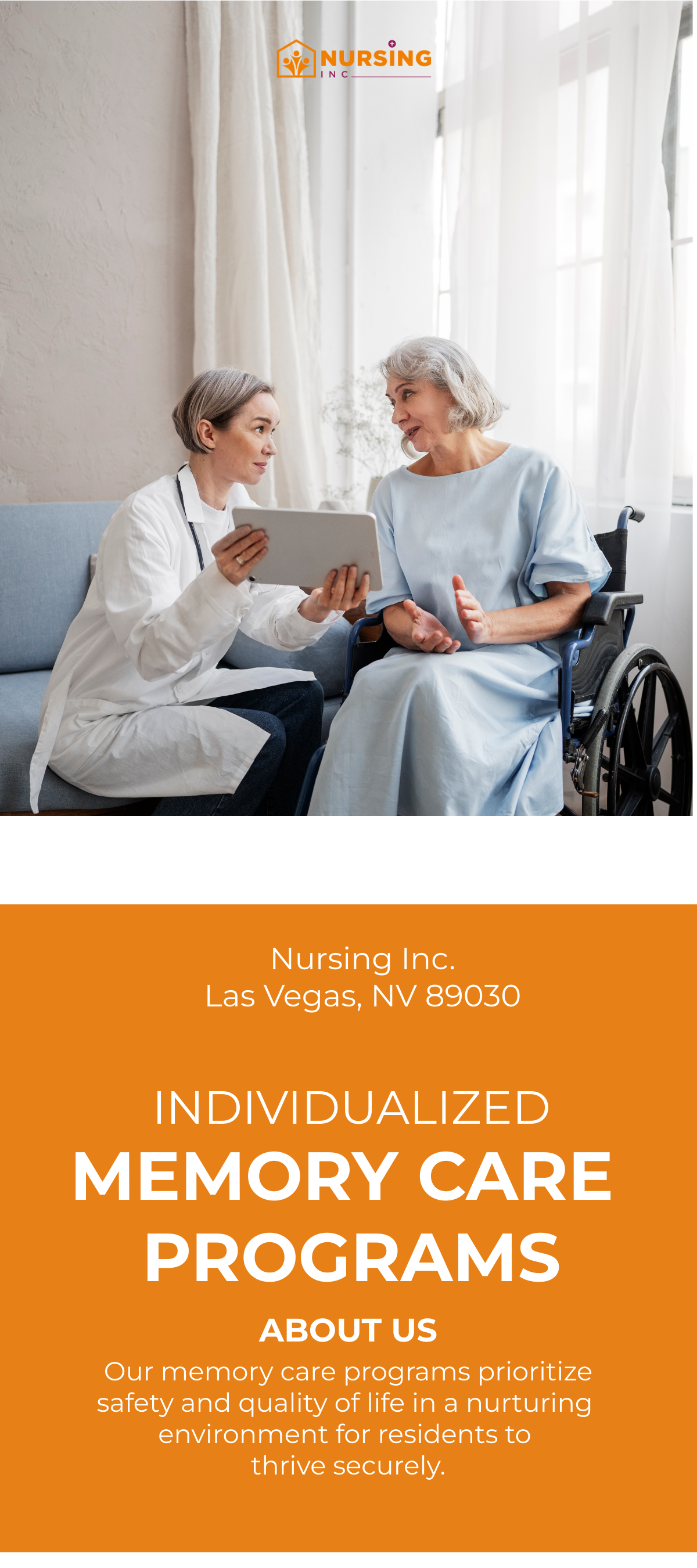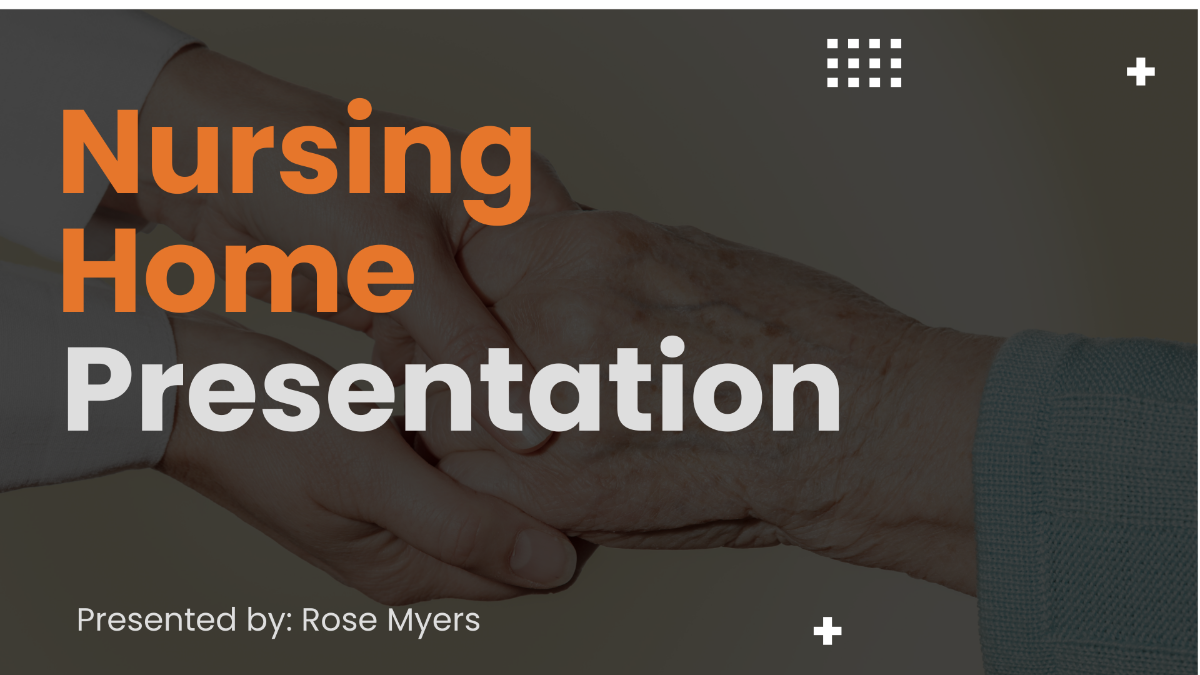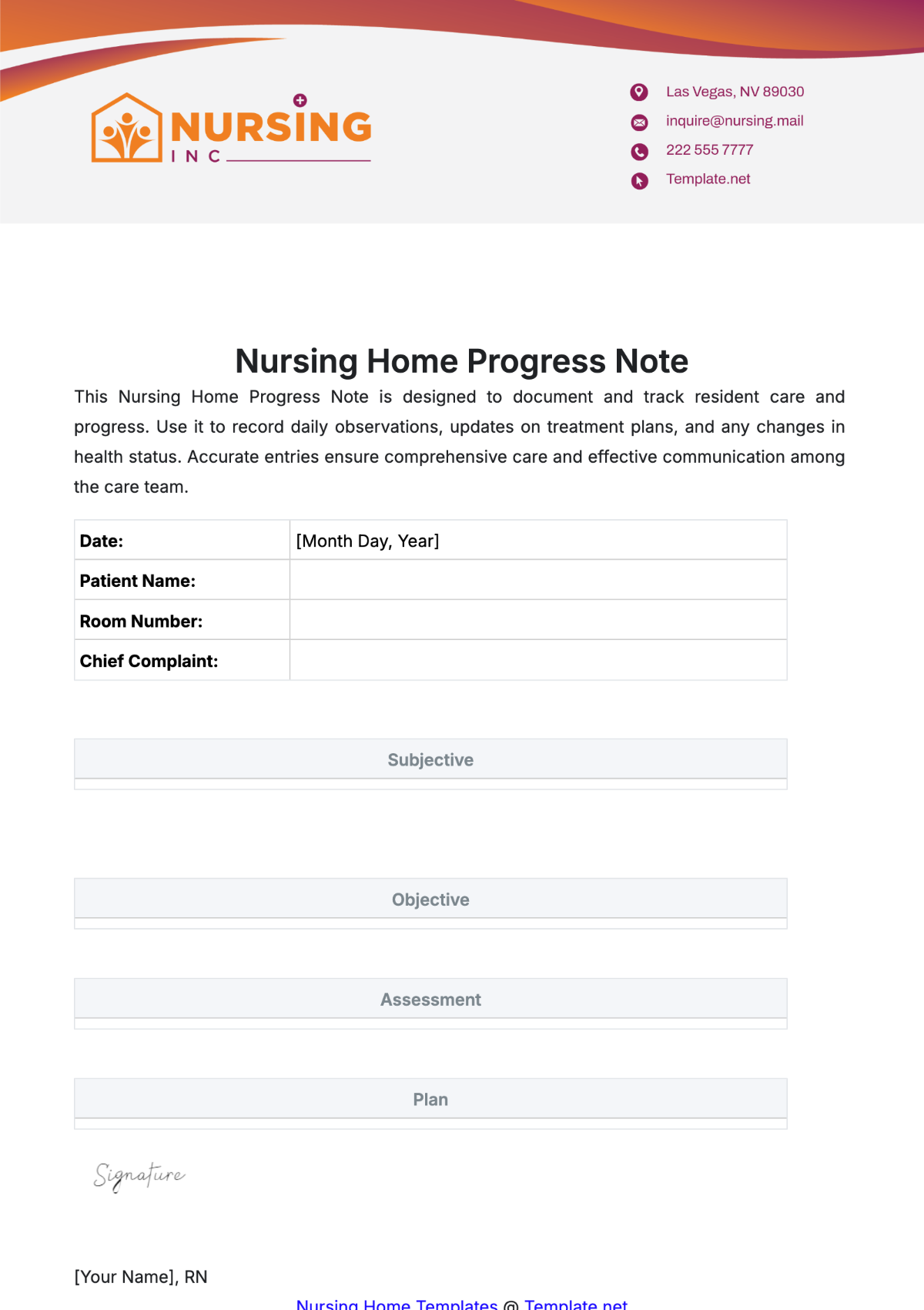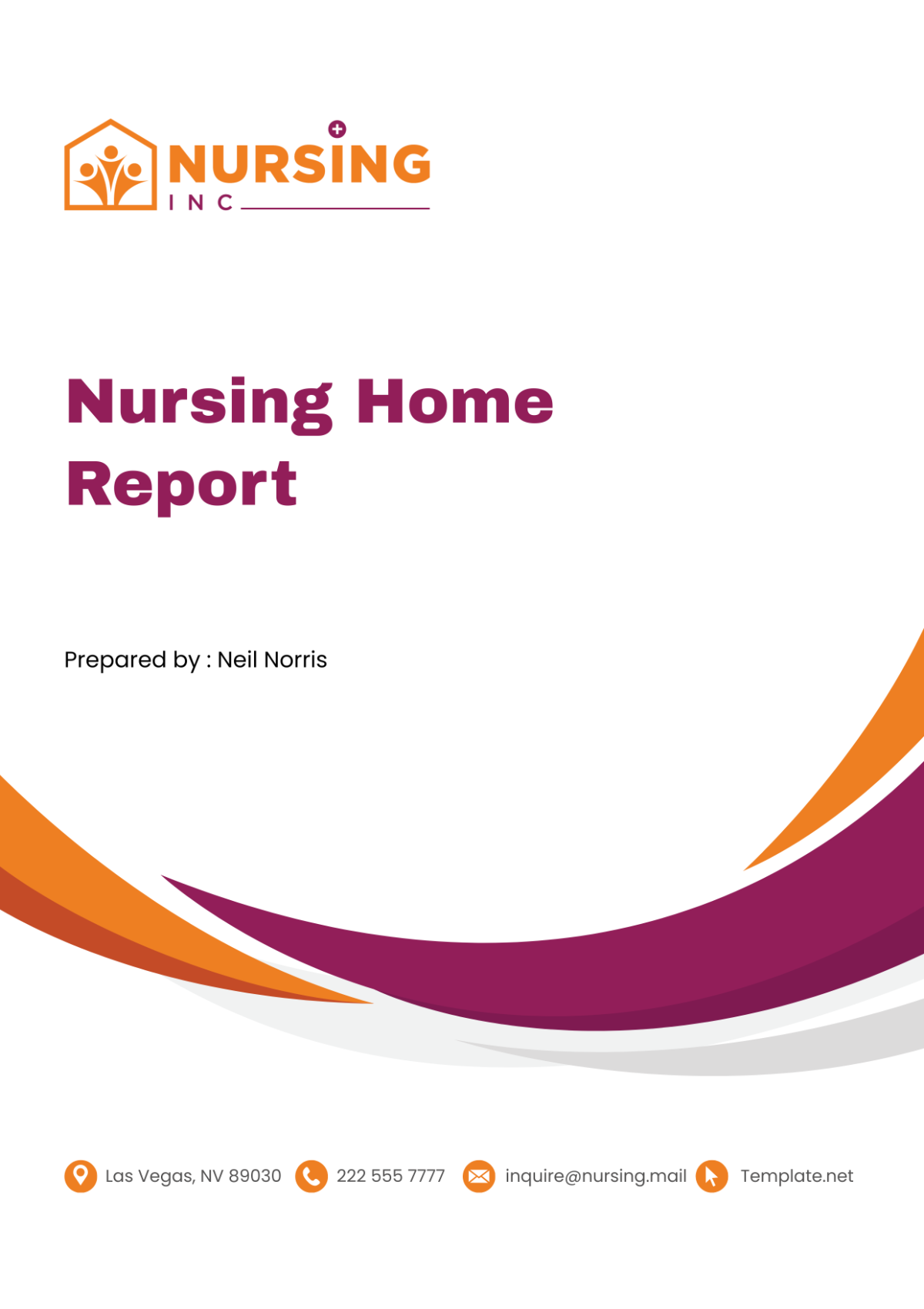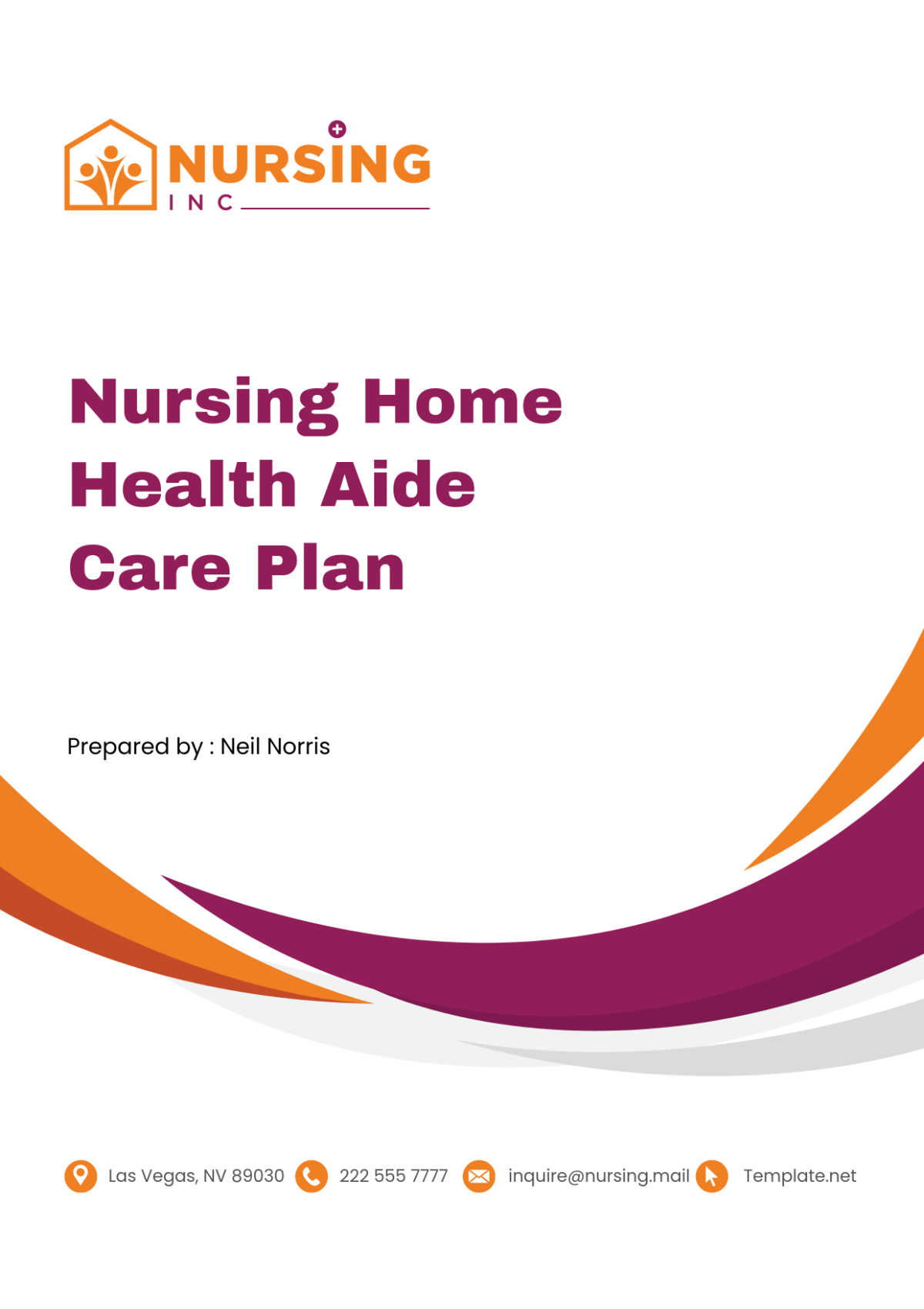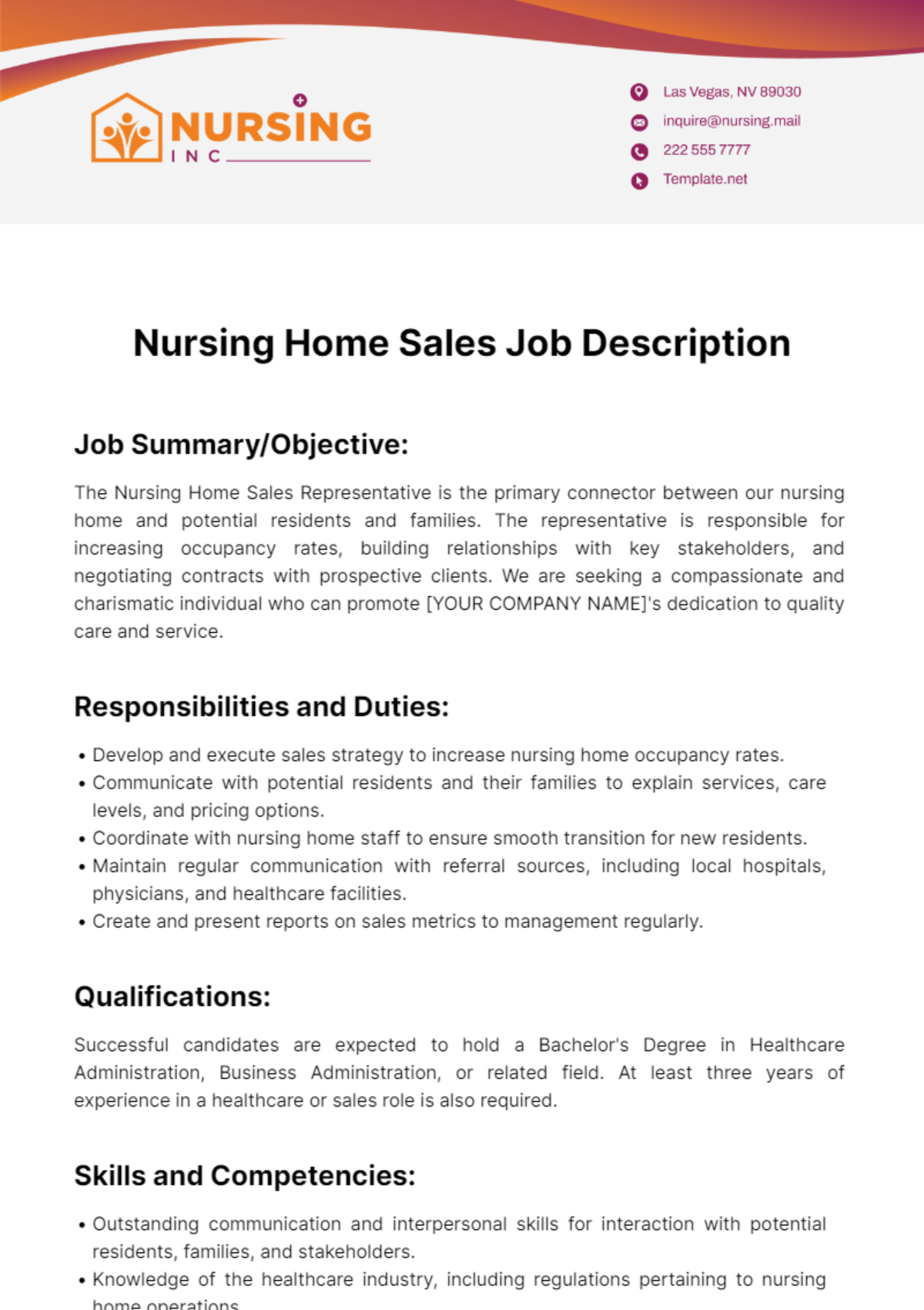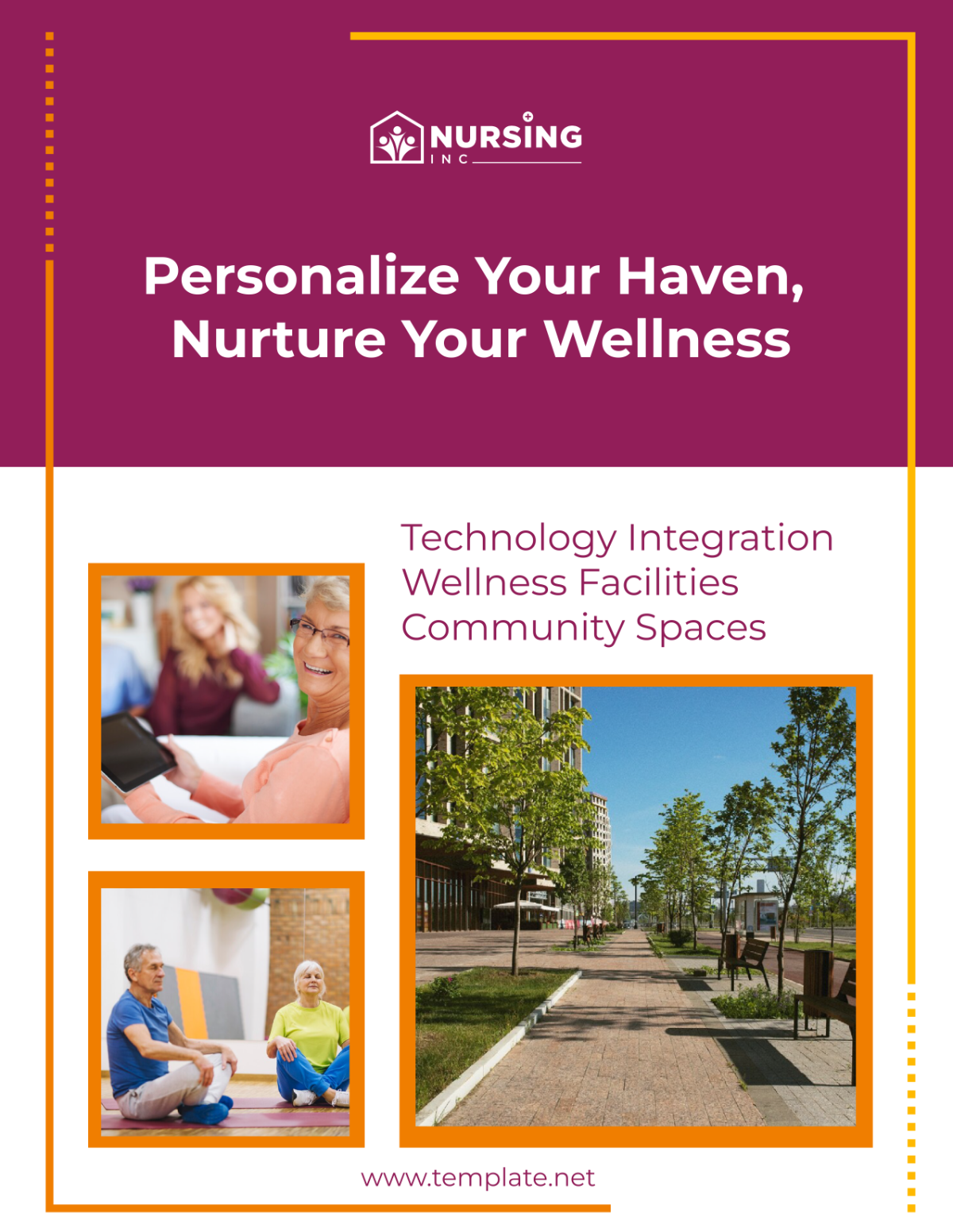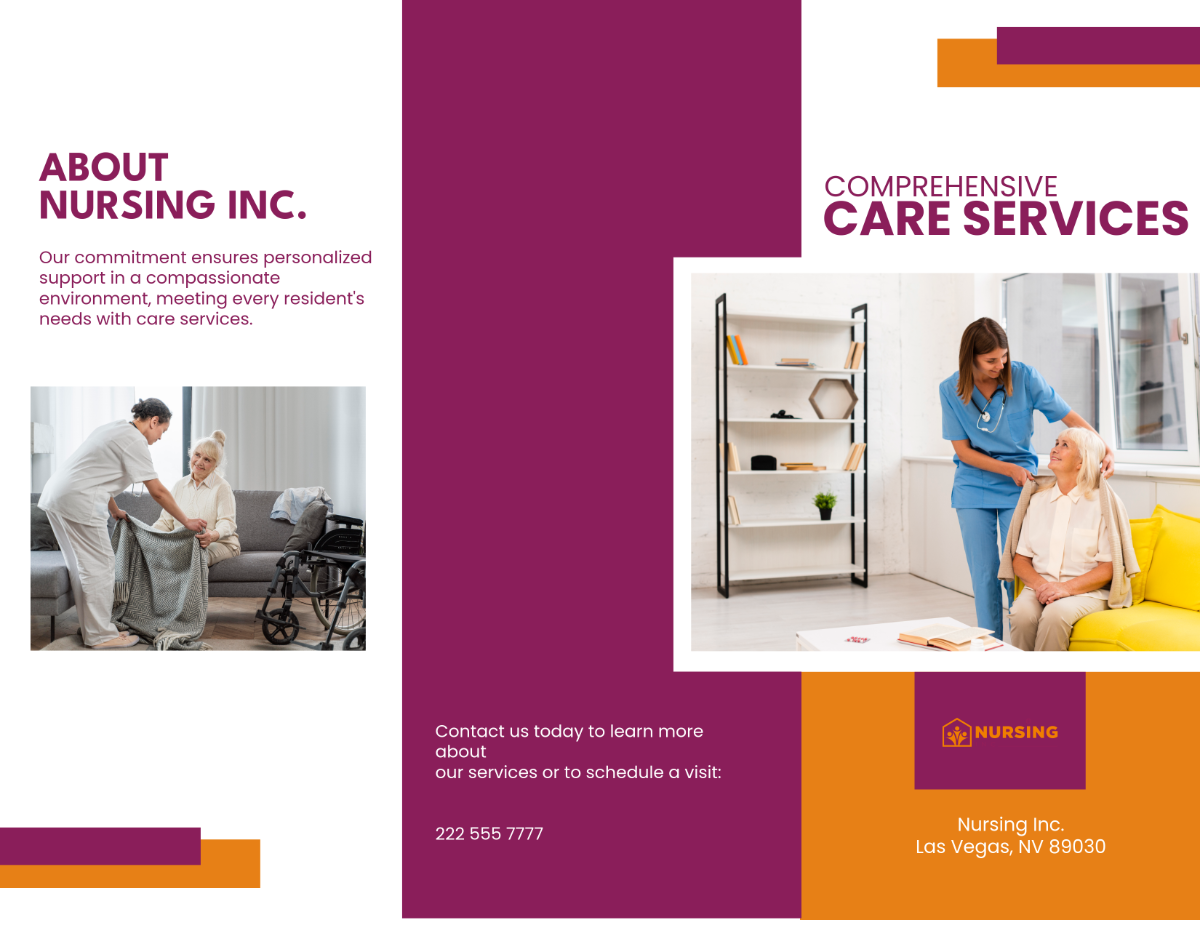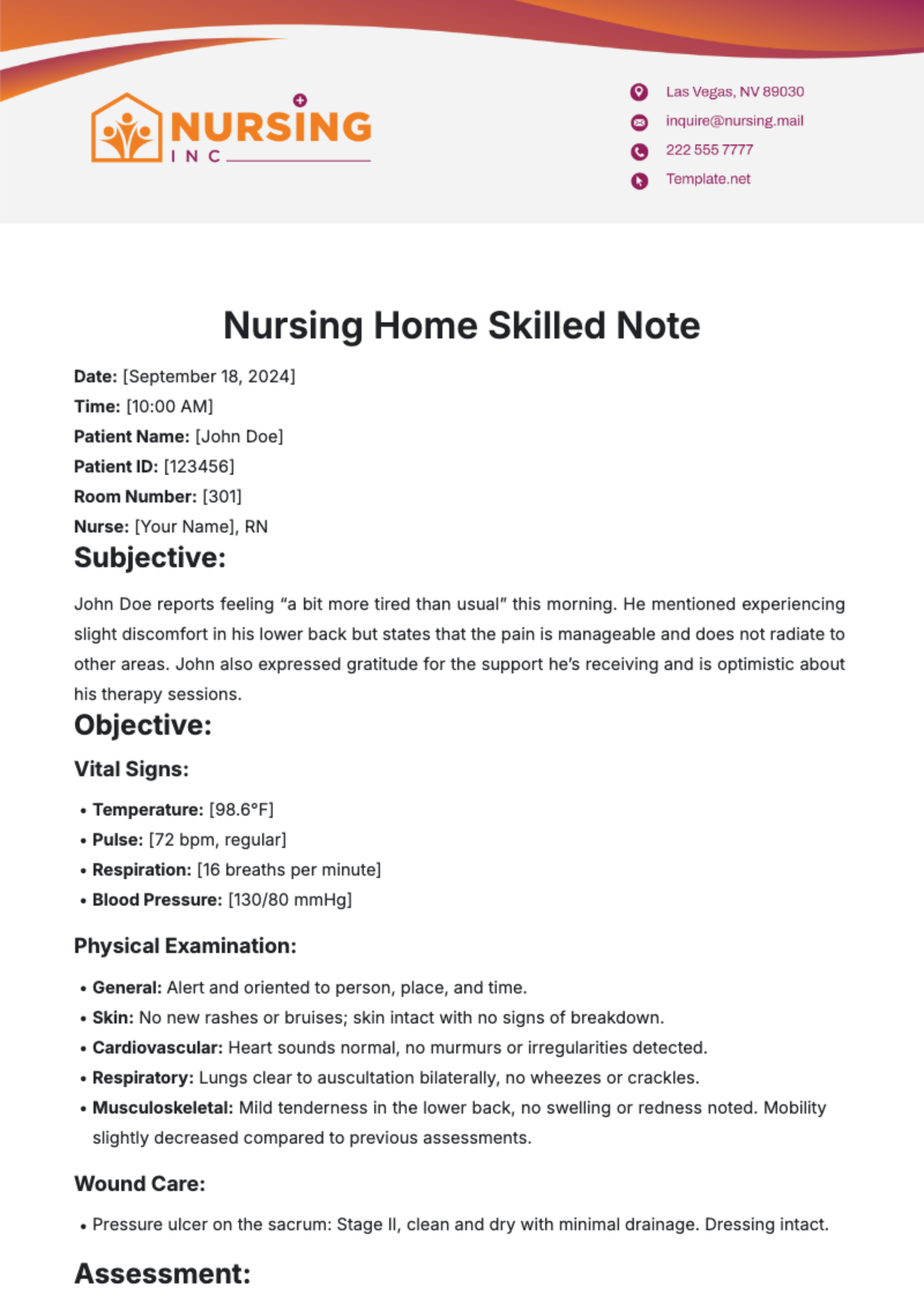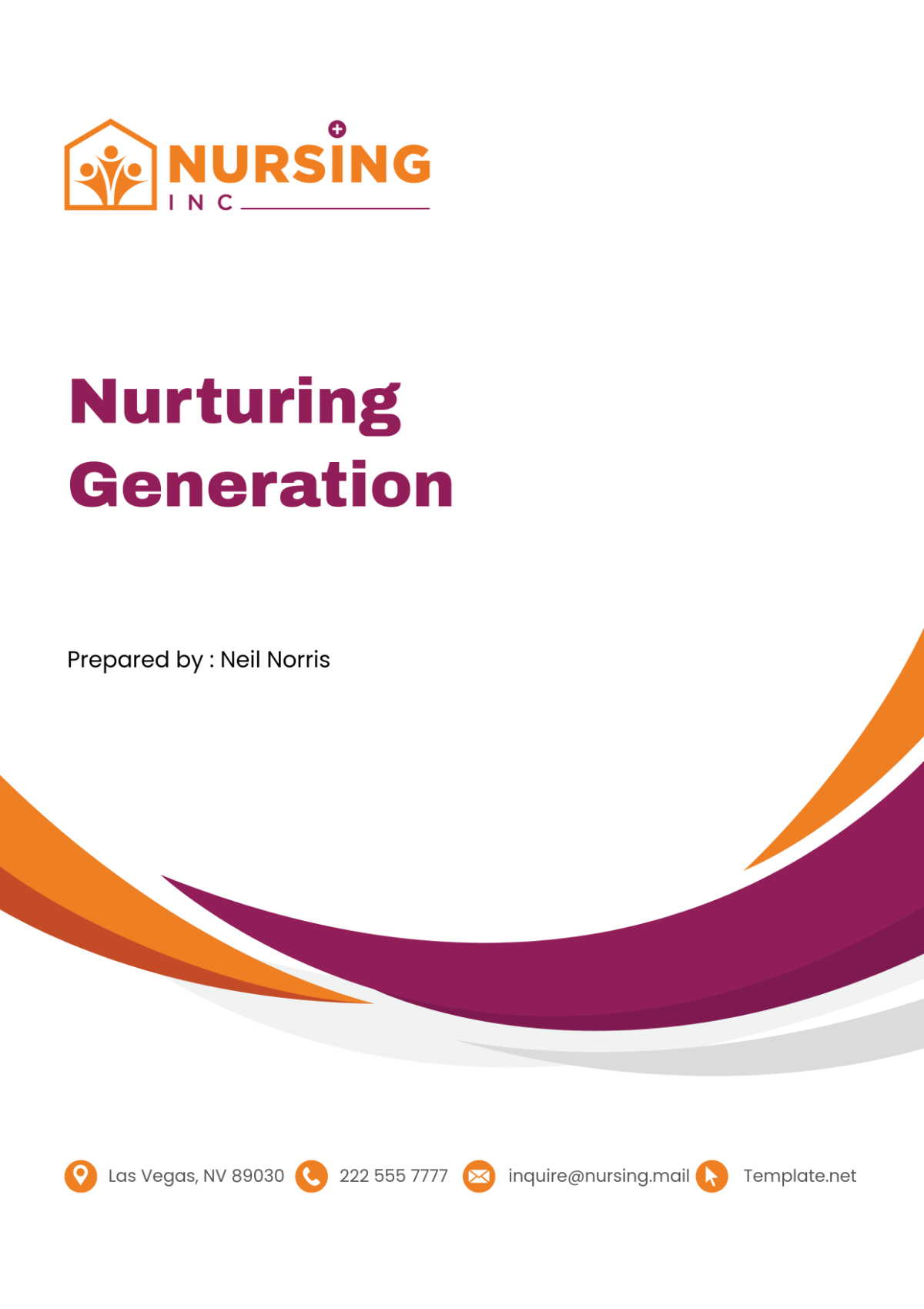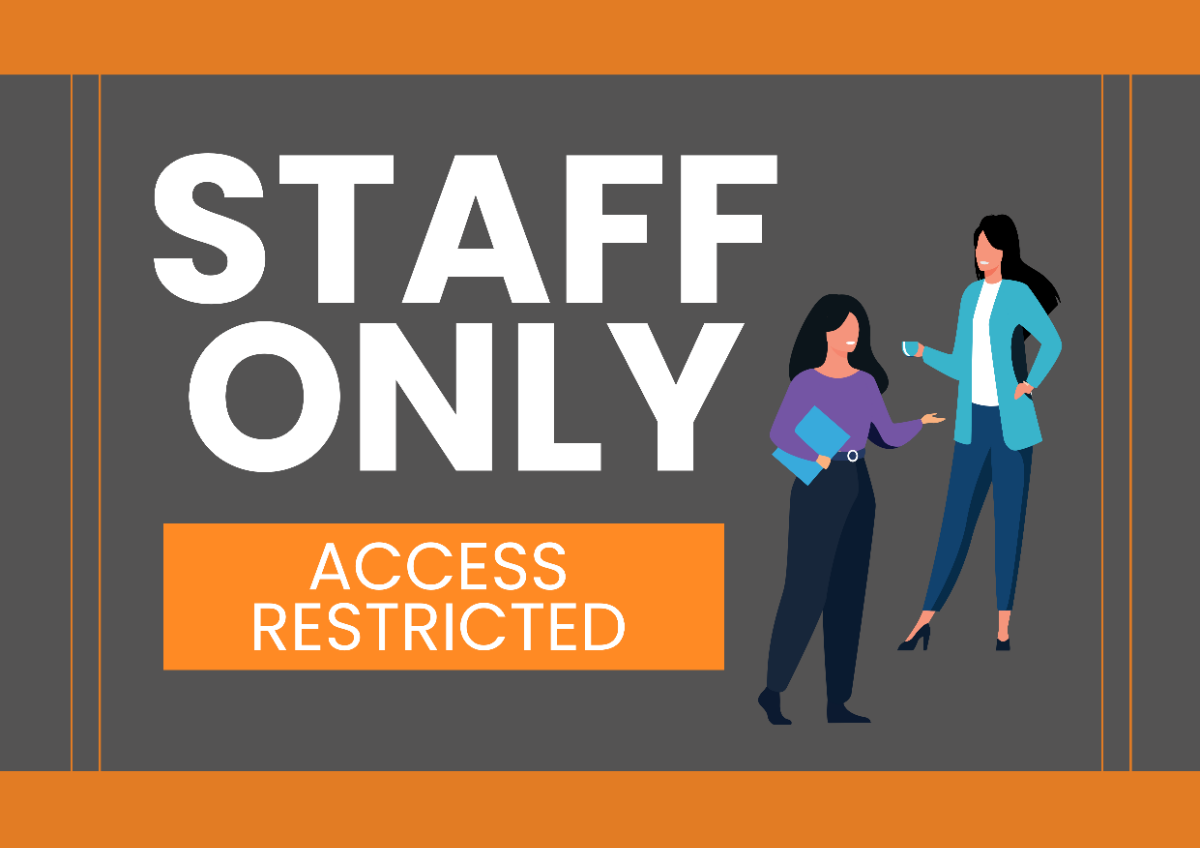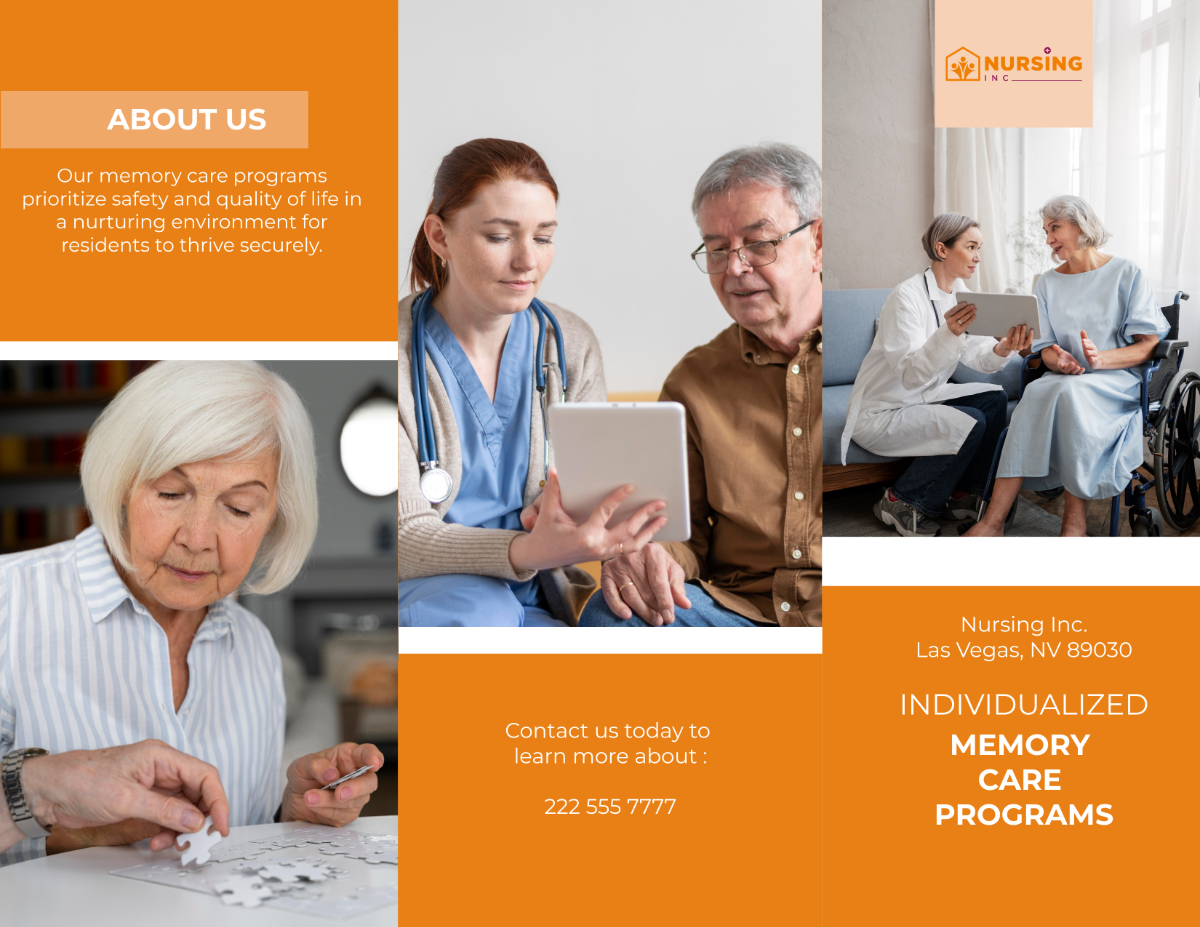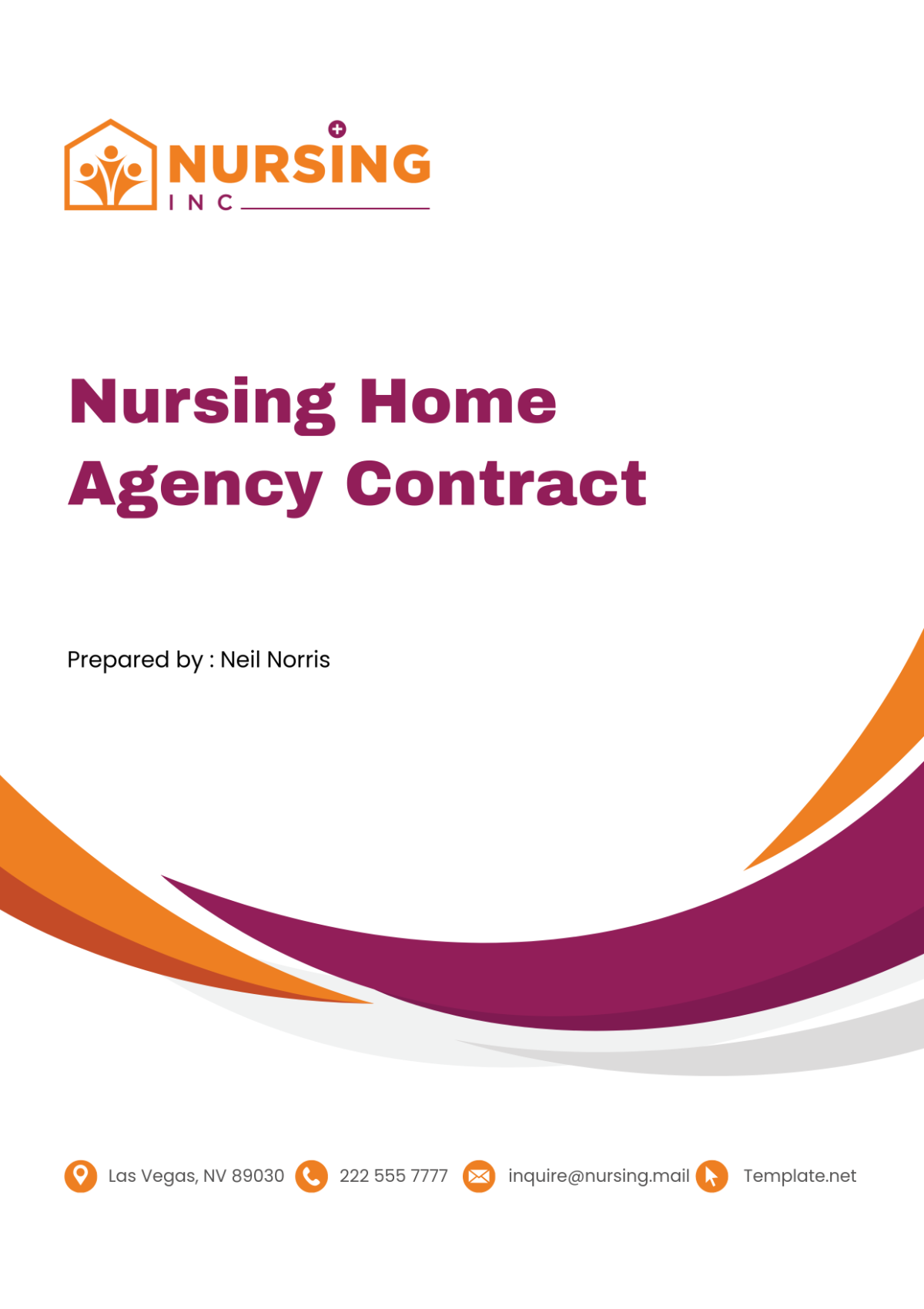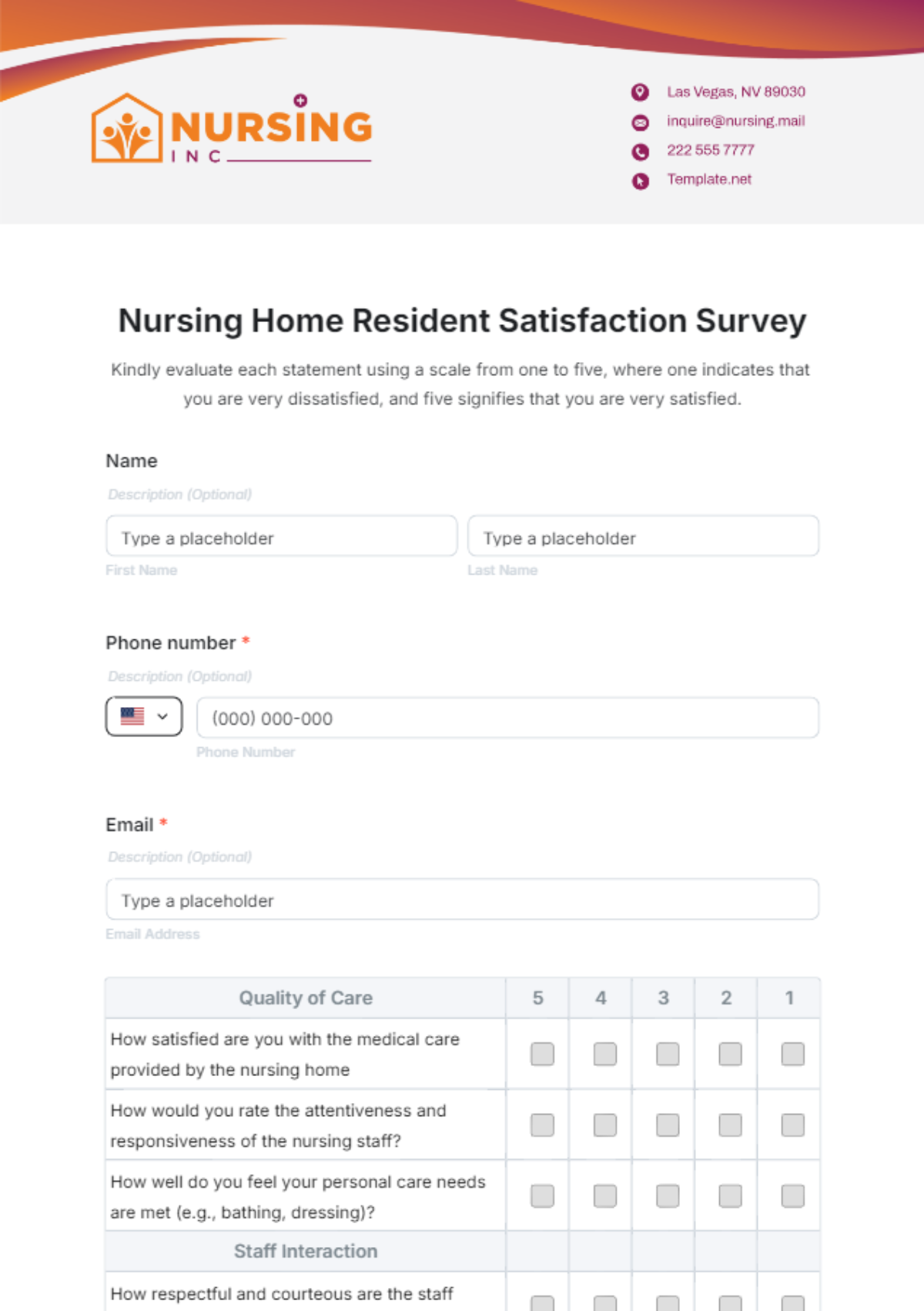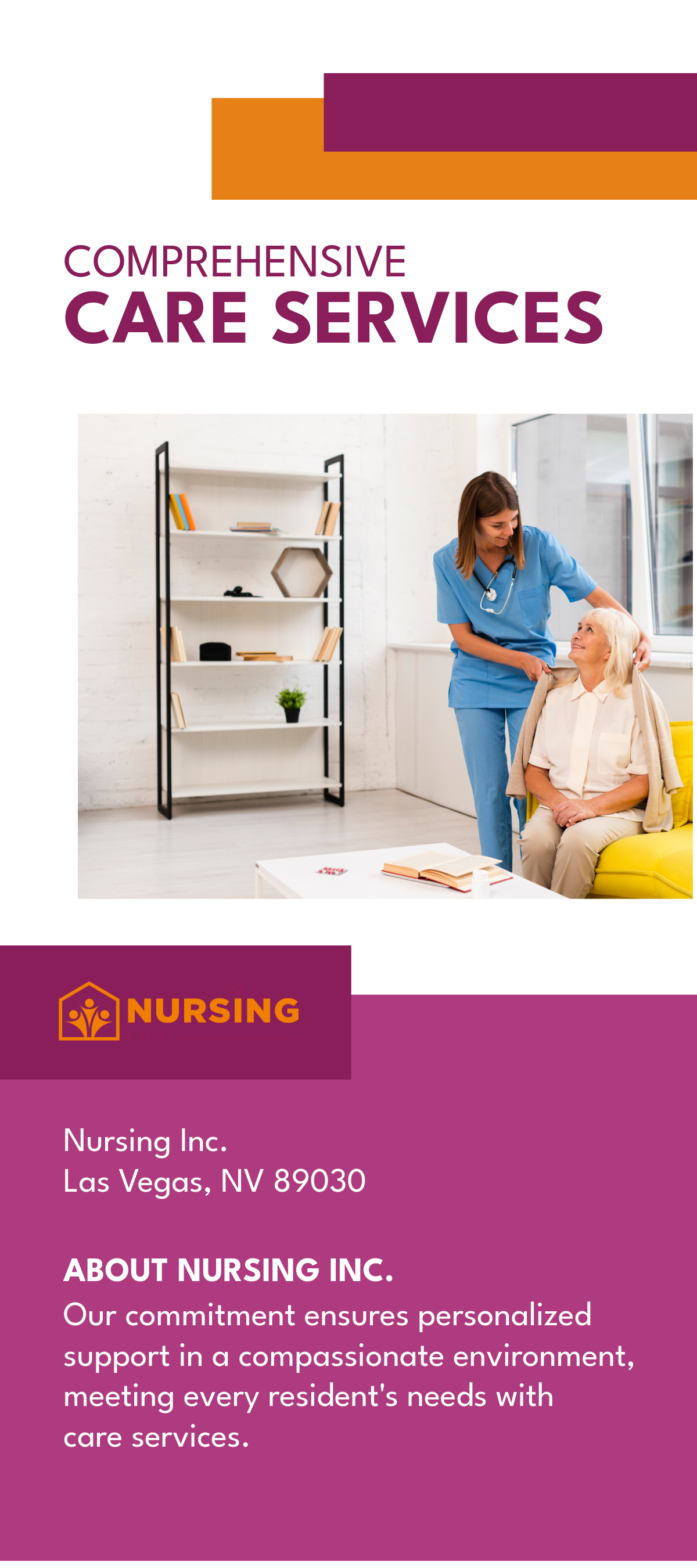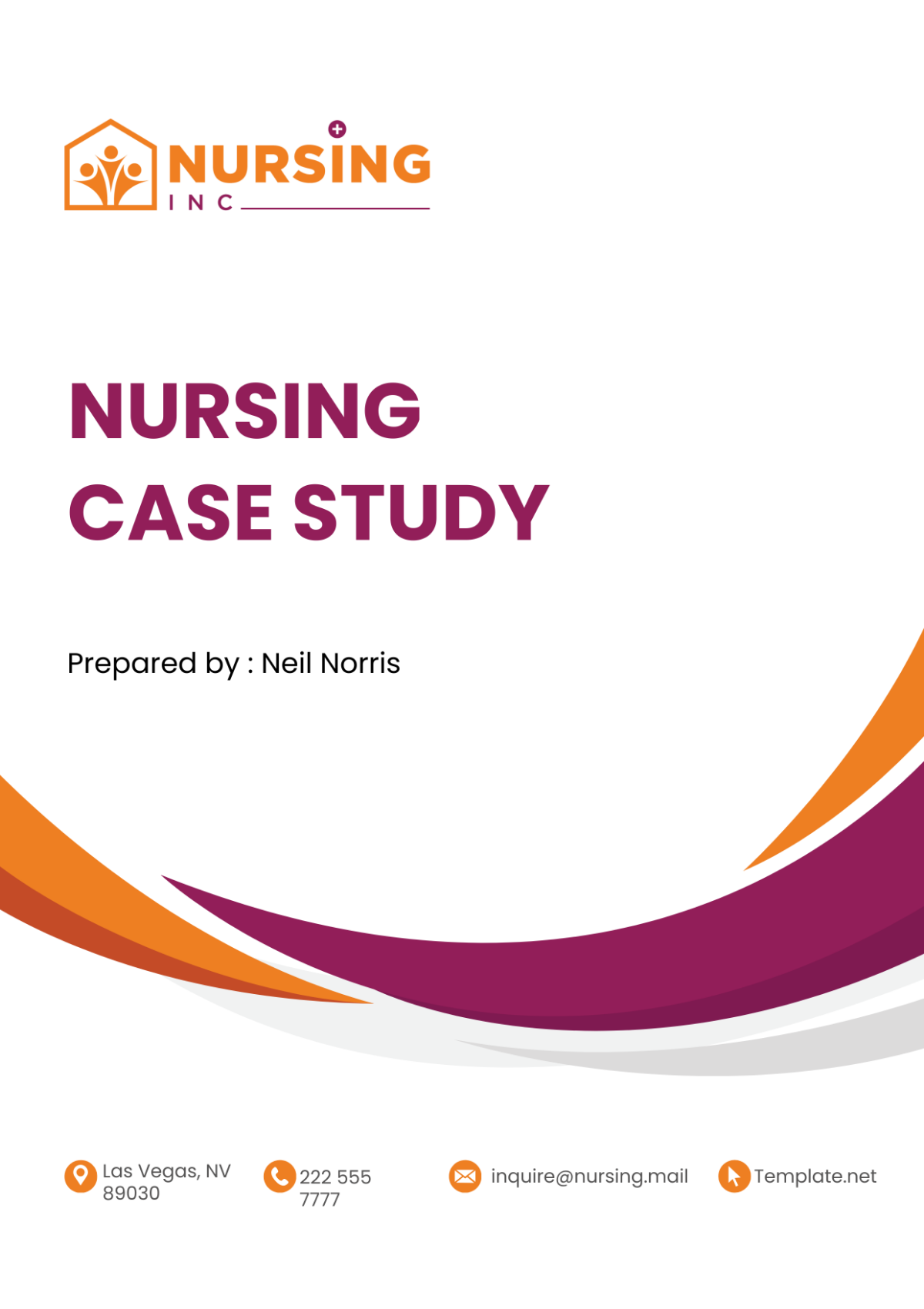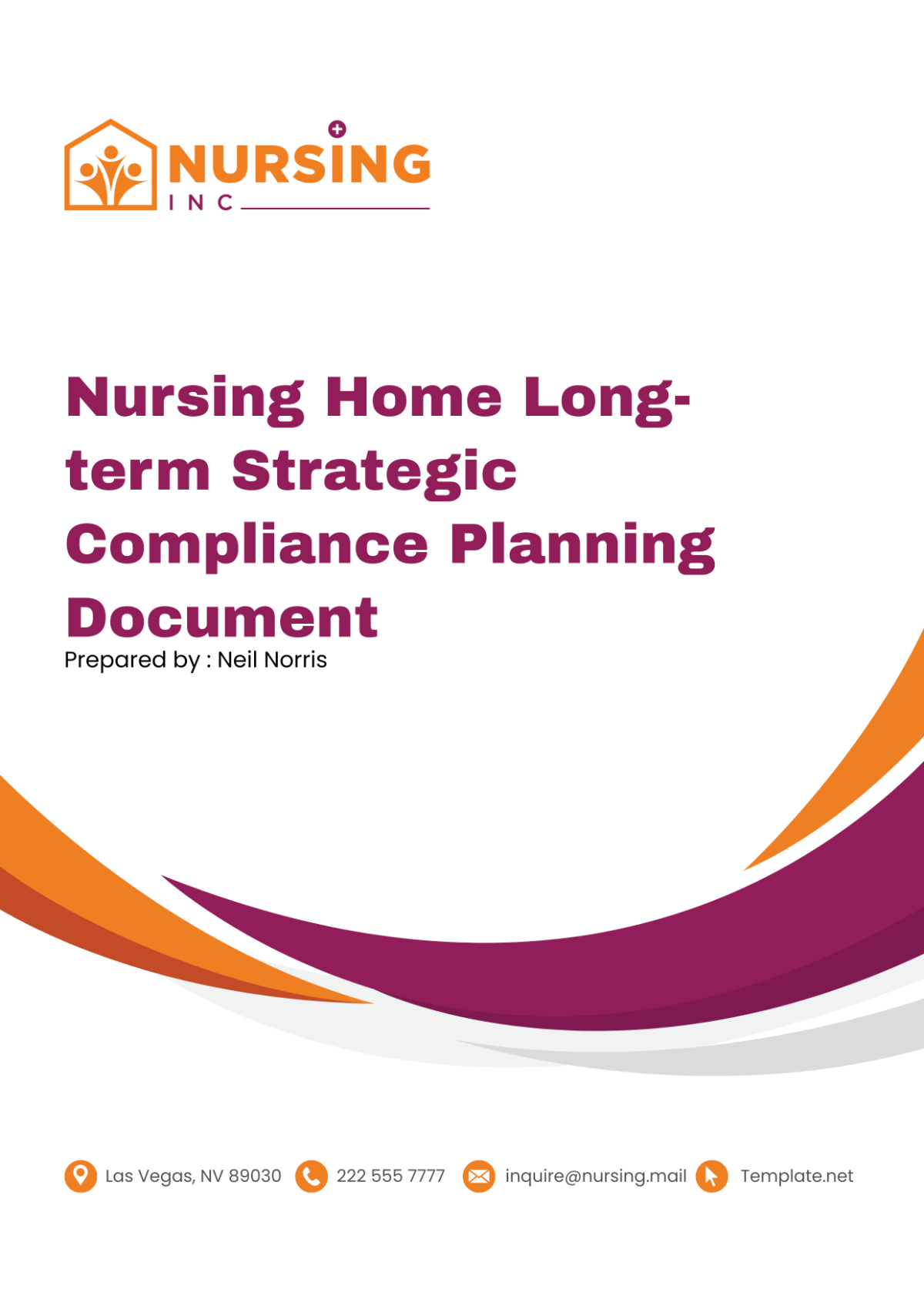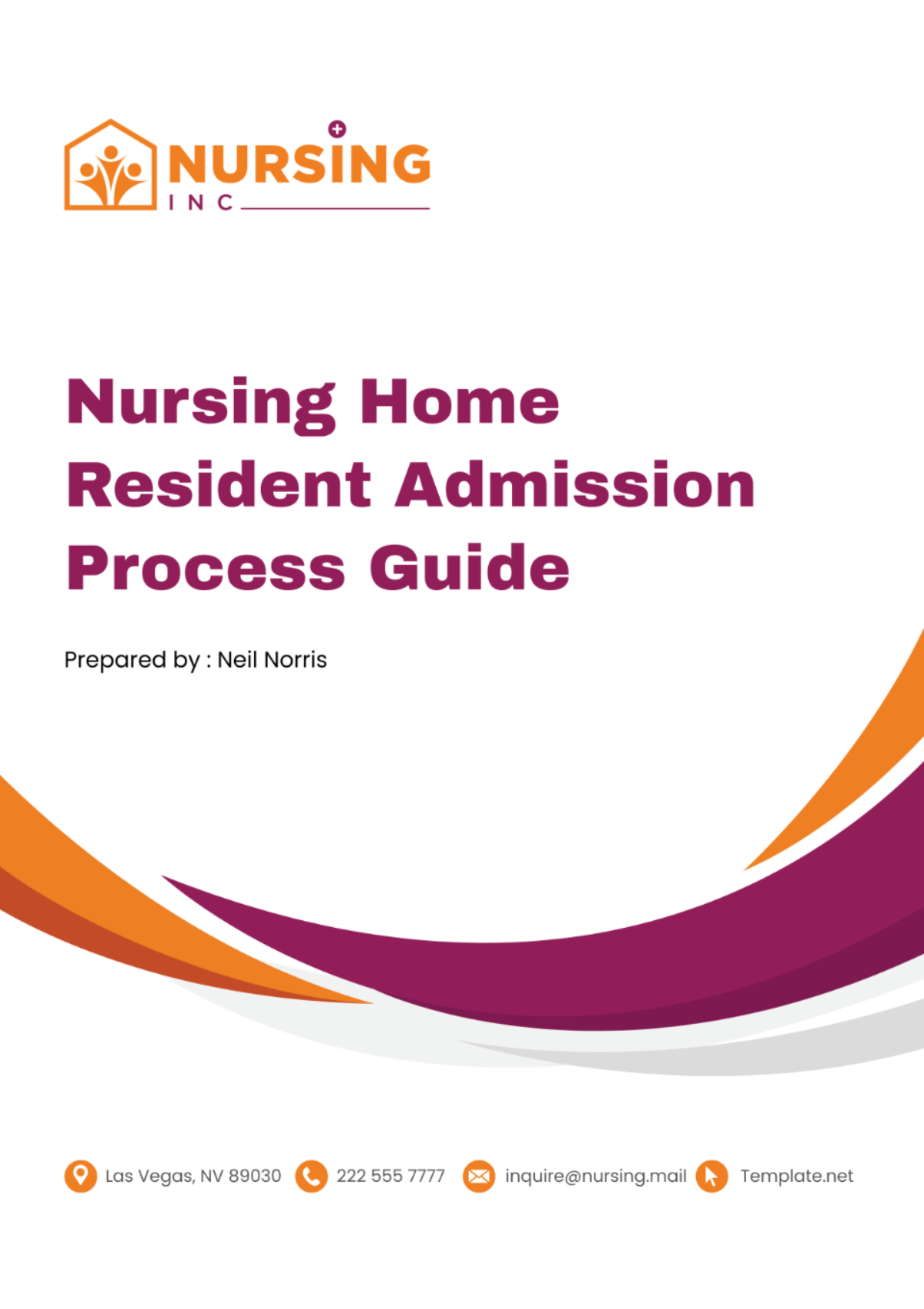Nursing Home Customer Service SOP
I. Introduction
A. Purpose
The purpose of this Standard Operating Procedure (SOP) is to establish a unified framework for delivering exceptional customer service within our nursing home. It outlines the practices, behaviors, and standards required to ensure that our interactions with residents and their families are conducted with the utmost respect, empathy, and professionalism. This SOP is designed to guide our staff in providing a consistent, high-quality customer service experience that aligns with our mission of care and compassion.
B. Scope
This SOP applies to all employees of our nursing home, encompassing a wide range of customer service operations including, but not limited to, direct care, administrative support, and any interactions with residents and their families. It covers everyday communications, service delivery protocols, handling of complaints and feedback, privacy and confidentiality practices, and the use of technology in customer service.
C. Definitions
For clarity, the following key terms used within this SOP are defined as:
Resident: An individual living in our nursing home who receives care and support from our staff.
Family: Relatives and close friends of the resident who are involved in the resident's care and well-being.
Customer Service: The assistance and support provided by our staff to residents and their families to ensure their needs and expectations are met.
II. Customer Service Philosophy
Our customer service philosophy is built on the pillars of empathy, respect, and integrity. We believe that every interaction with residents and their families is an opportunity to reinforce their trust in us, to demonstrate our commitment to their well-being, and to enhance their overall experience within our facility. We strive to listen actively, respond thoughtfully, and act promptly to address their needs and concerns. Central to our philosophy is the recognition of the dignity and individuality of each resident, guiding us to personalize our services and interactions to meet their unique preferences and requirements.
III. Staff Roles and Responsibilities
Delivering exceptional customer service is a collective effort that requires the dedication and cooperation of our entire team. The table below outlines the roles and responsibilities assigned to staff members in support of our customer service objectives:
Role | Responsibility |
|---|---|
Nursing Staff | Provide compassionate care, promptly address health-related inquiries, and communicate effectively with residents and their families about care plans. |
Administrative Staff | Offer courteous and efficient assistance with admissions, billing, and general inquiries. Manage resident records with confidentiality and precision. |
Support Staff (including housekeeping, maintenance, dietary) | Ensure a comfortable, clean, and safe living environment. Respond to service requests promptly and courteously. |
Activities Coordinator | Engage residents in meaningful activities. Communicate with families about event participation and feedback. |
Management Team | Oversee the implementation of customer service standards and practices. Address complex issues or concerns raised by residents and families. |
IV. Communication Standards
A. Effective and Empathetic Communication
The foundation of our customer service is built on effective and empathetic communication. Recognizing the emotional and potentially stressful circumstances our residents and their families may be experiencing, it is imperative that all staff communicate with sensitivity, patience, and understanding. Clear, respectful communication fosters trust and strengthens our relationships with those we serve, ensuring they feel heard, valued, and respected.
B. Answering Inquiries
Responding to inquiries promptly and accurately is essential to maintaining high service standards. Specific guidelines include:
Always greet the individual warmly, introducing yourself and your role.
Listen actively without interrupting, ensuring you fully understand the inquiry.
Provide clear, concise answers and, if unsure, seek the information from a reliable source or escalate to a supervisor.
Close the conversation by asking if there are any further questions and thanking the individual for their inquiry.
C. Providing Updates
Keeping residents and their families informed is a key component of our service. Guidelines for providing updates include:
Schedule regular updates regarding residents' care and well-being, respecting families’ preferred communication methods.
Ensure information is accurate and up to date before sharing.
Be mindful of privacy laws when discussing resident information, sharing details only with authorized individuals.
Clearly explain any changes in care plans or procedures, ensuring understanding and addressing any concerns.
D. Handling Sensitive Information
Sensitive information must be handled with the utmost care and in compliance with privacy laws. Our guidelines are:
Discuss sensitive information in private settings to ensure confidentiality.
Obtain consent from residents or their legal representatives before sharing health information with family members or external parties.
Securely store and manage all resident information, both physical and electronic, to prevent unauthorized access.
Regularly train staff on privacy policies and the importance of confidentiality.
V. Service Excellence Protocols
A. Standards for Service Delivery
Our commitment to service excellence is reflected in the following standards:
Address service requests and concerns without unnecessary delay.
Ensure all information provided to residents and families is correct.
Deliver a uniform level of service across all departments and staff members.
Tailor our services to meet the individual needs of each resident.
B. Strategies in Every Interaction
To ensure service excellence in every interaction, we implement the following strategies:
Give full attention to the speaker, showing interest and understanding.
Use positive, reassuring language that focuses on what can be done.
Focus on finding solutions/alternatives when initial requests cannot be met.
Always follow up on inquiries and requests to ensure satisfaction and resolution.
VI. Handling Complaints and Feedback
A. Receiving and Responding to Complaints
When receiving complaints, it is crucial to approach each situation with empathy, patience, and a commitment to resolution. The process involves:
Listening carefully to the individual's concerns without interruption.
Acknowledging the complaint and expressing commitment to resolving issue.
Collecting necessary information and details about the complaint to understand the context and specifics.
Assuring the individual that their complaint will be investigated and followed up on promptly.
B. Resolving Issues
The resolution of issues is approached with a sense of urgency and a focus on fairness. Steps include:
Investigating the complaint to gather all relevant facts and perspectives.
Determining the most appropriate solution or action to address the issue, involving relevant staff or departments as necessary.
Communicating the proposed resolution to the individual, ensuring it meets their expectations and addresses their concerns.
Implementing the resolution swiftly and efficiently.
C. Documentation and Follow-up
Documentation and follow-up are key to ensuring accountability and continuous improvement. This includes:
Recording all complaints and the steps taken.
Following up with the individual after the resolution to confirm their satisfaction and gather feedback on the process.
Reviewing complaint patterns and feedback for insights into potential areas of improvement in services or operations.
VII. Training and Development
Ongoing training and development are critical to maintaining high standards of customer service. The table below outlines our key training programs:
Program | Frequency | Duration |
|---|---|---|
Customer Service Fundamentals | Annually | 2 Days |
Handling Difficult Situations | Biannually | 1 Day |
Privacy and Confidentiality | Annually | 1 Day |
Active Listening and Empathy | Annually | 1 Day |
These programs ensure that all staff are equipped with the skills and knowledge to provide exceptional service consistently.
VIII. Performance Evaluation and Improvement
To assess and improve customer service performance, we measure against specific metrics:
Metric | Target Value |
|---|---|
Customer Satisfaction Score | 90% |
Complaint Resolution Time | Within 24 Hours |
Follow-Up Satisfaction Rate | 85% |
Employee Customer Service Training Completion | 100% |
Monitoring progress involves regularly reviewing these metrics through surveys, feedback forms, and service reports. Management meetings are held quarterly to discuss performance, identify areas for improvement, and set action plans. By fostering a culture of accountability and continuous improvement, we aim to enhance the quality of our customer service and exceed the expectations of our residents and their families.
IX. Confidentiality and Privacy
The protection of resident confidentiality and privacy is paramount in all customer service interactions. It is essential to build and maintain trust with our residents and their families, ensuring they feel secure in the knowledge that their personal and medical information is handled with the utmost care and respect. We rigorously adhere to all relevant U.S. laws and regulations, including:
Health Insurance Portability and Accountability Act (HIPAA): Ensures the protection of individuals' medical records and other personal health information.
Family Educational Rights and Privacy Act (FERPA): Applies to educational records or information, in cases where our residents might also be students.
X. Emergency and Special Situations
In emergencies and special situations, maintaining high-quality customer service can present unique challenges. Our guidelines ensure that we continue to meet our residents' needs effectively, even under difficult circumstances:
Clear Communication: Keep residents and their families informed with clear, timely updates about the situation and how it affects them.
Accessibility: Ensure that staff are accessible to respond to concerns and inquiries, even if remotely.
Flexibility: Adapt policies and procedures as necessary to address the immediate needs and concerns of residents and their families.
Privacy: Continue to protect resident privacy and confidentiality, even in less controlled environments.
Post-Emergency Support: Offer additional support and services to residents and families following an emergency to address any resulting issues or concerns.
XI. Use of Technology
Technology plays a vital role in enhancing our customer service delivery, offering new ways to communicate, manage information, and improve resident satisfaction. We utilize technology for:
Resident Portals
Digital Communication Tools
Feedback Platforms
Information Security
Guidelines for appropriate use include:
Ensuring all staff are trained on the ethical and secure use of technology.
Regularly updating software and systems to protect against security vulnerabilities.
Limiting access to sensitive information to authorized personnel only.
Encouraging residents and families to communicate through official, secure channels provided by our facility.
